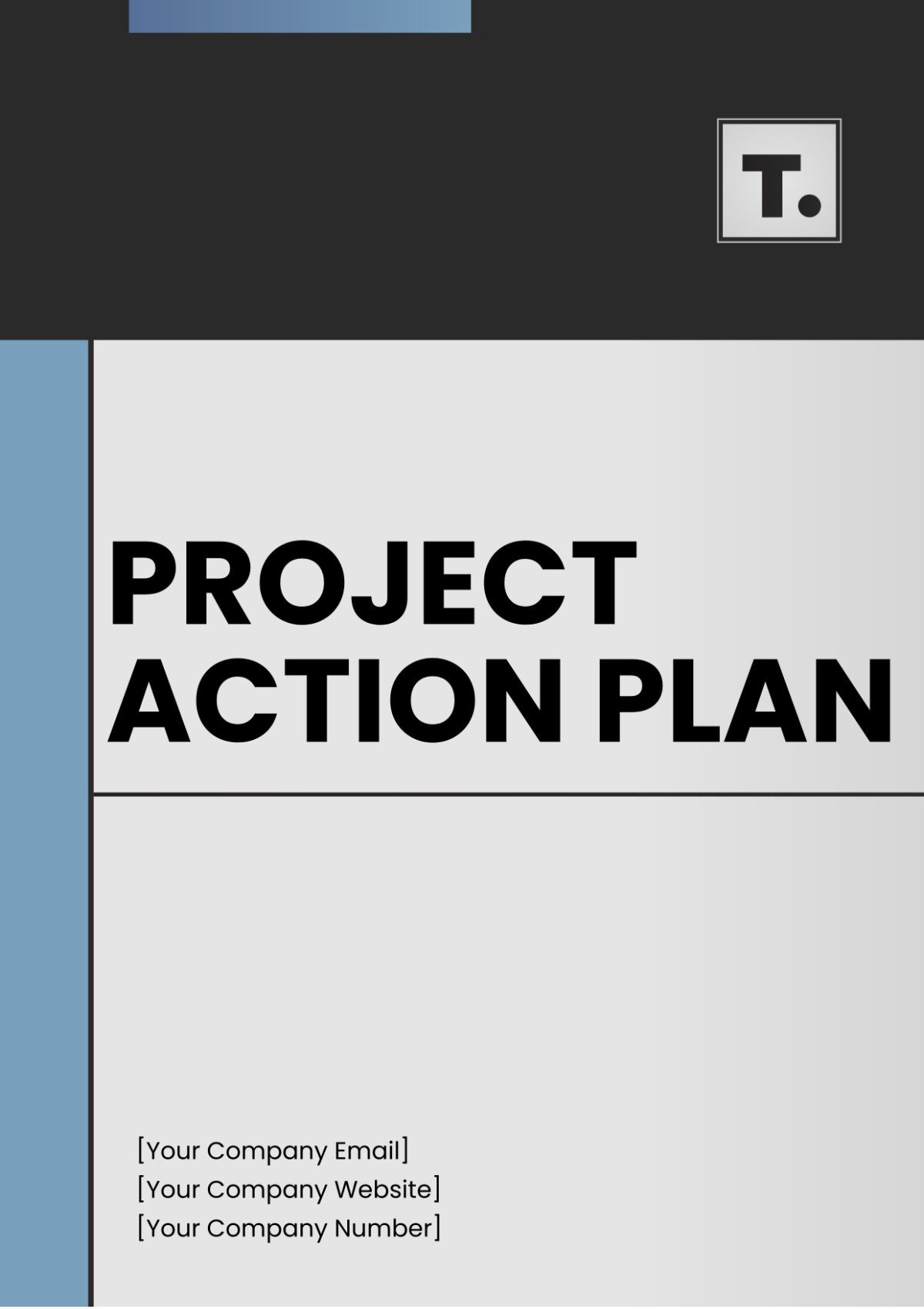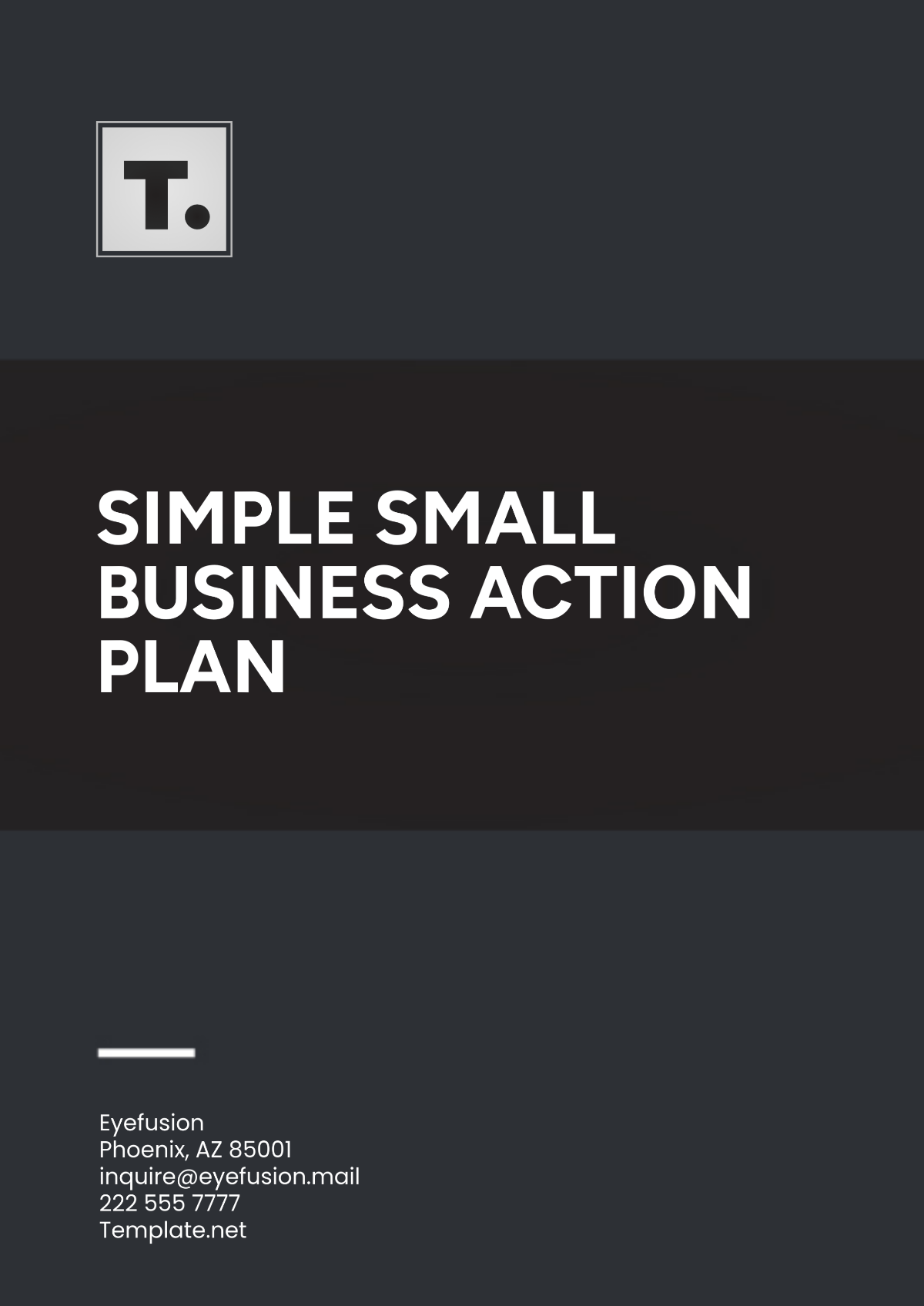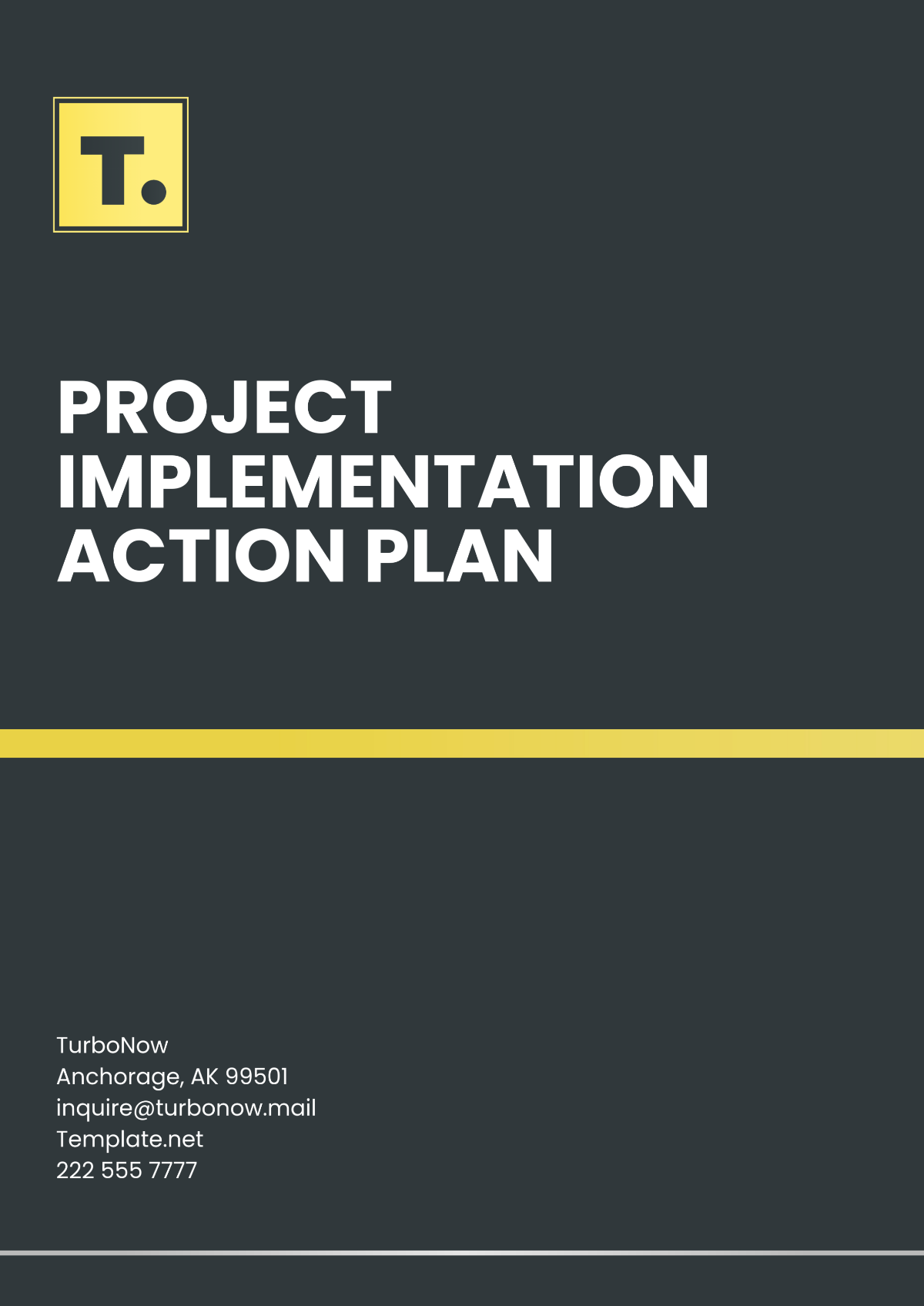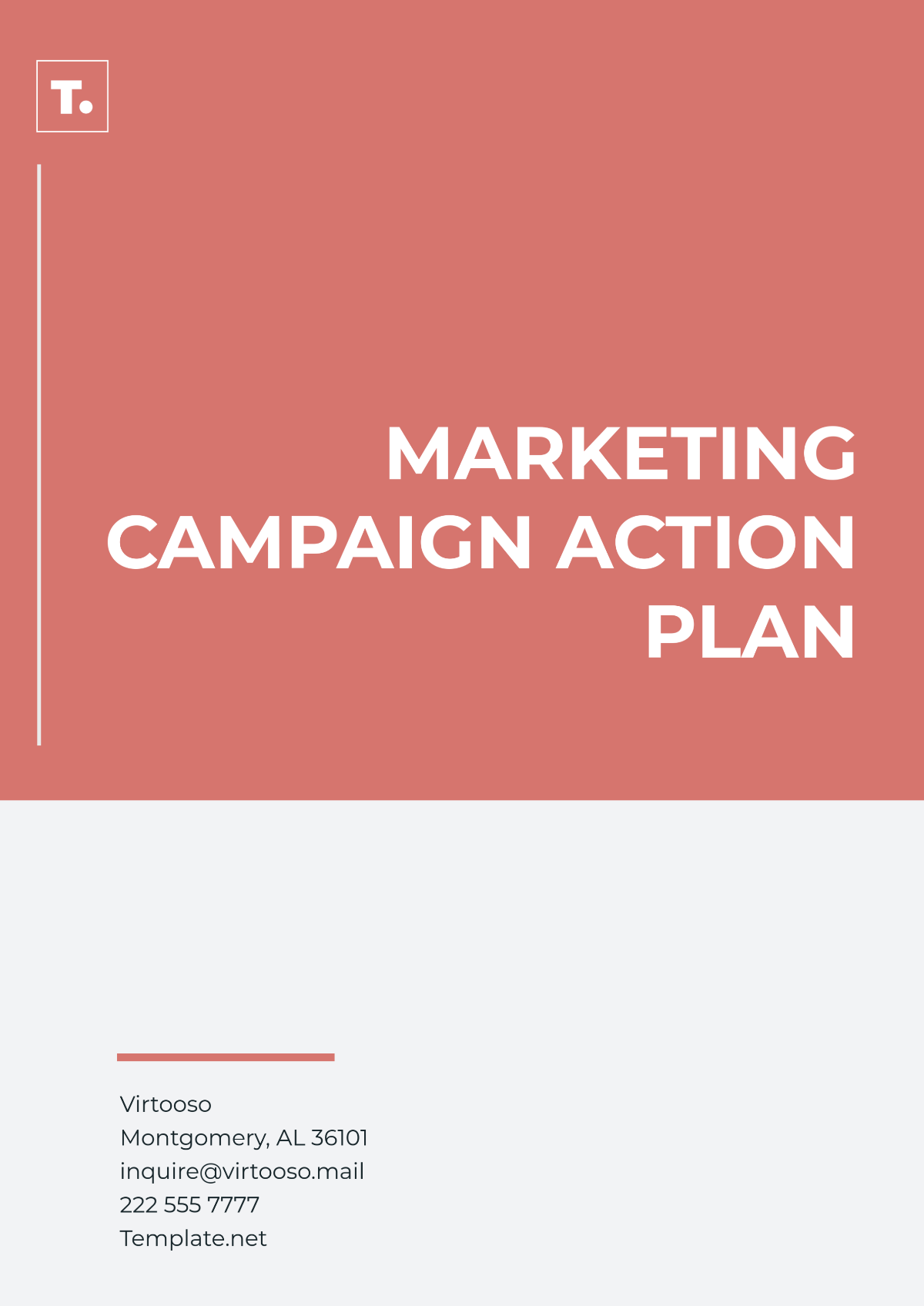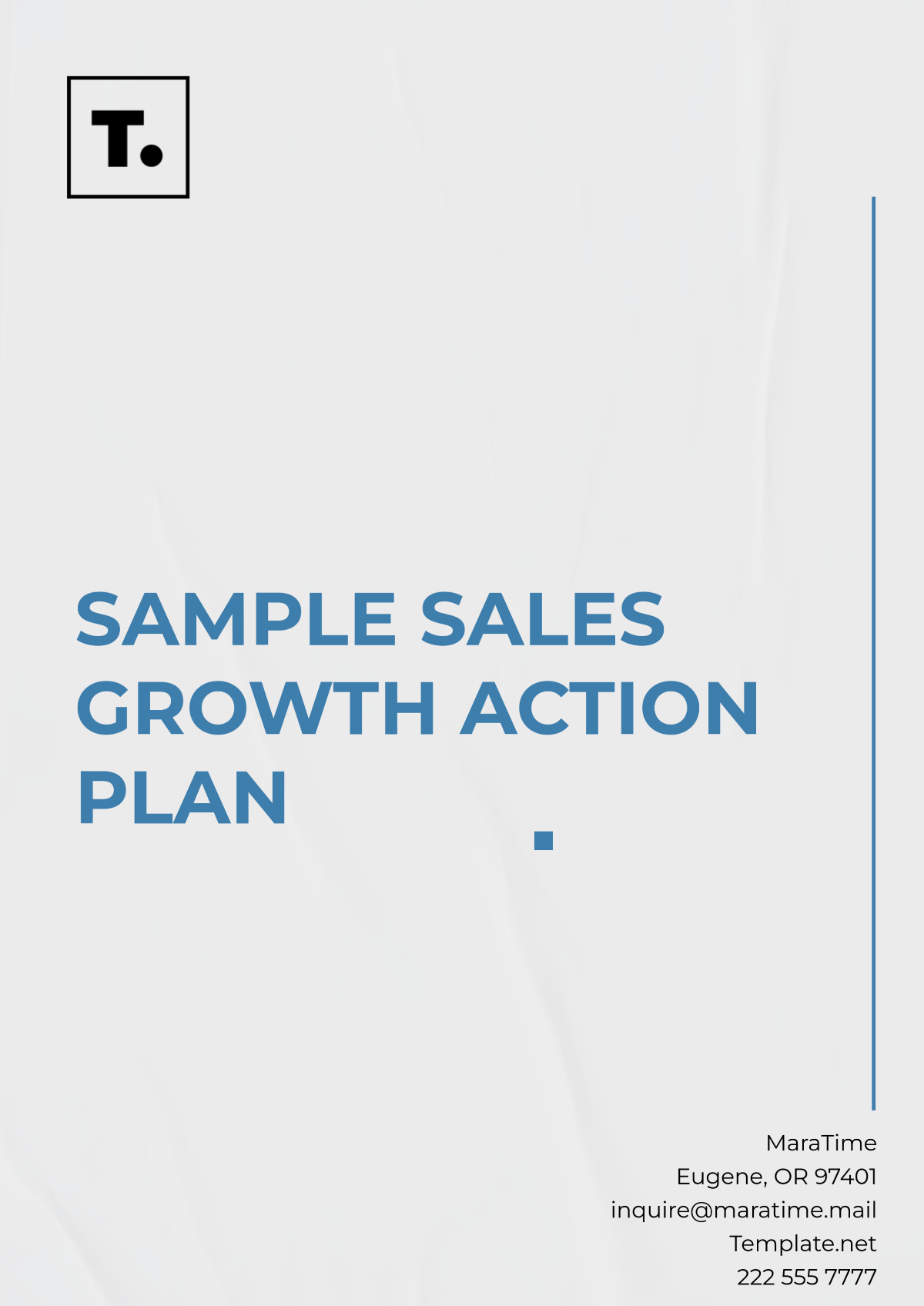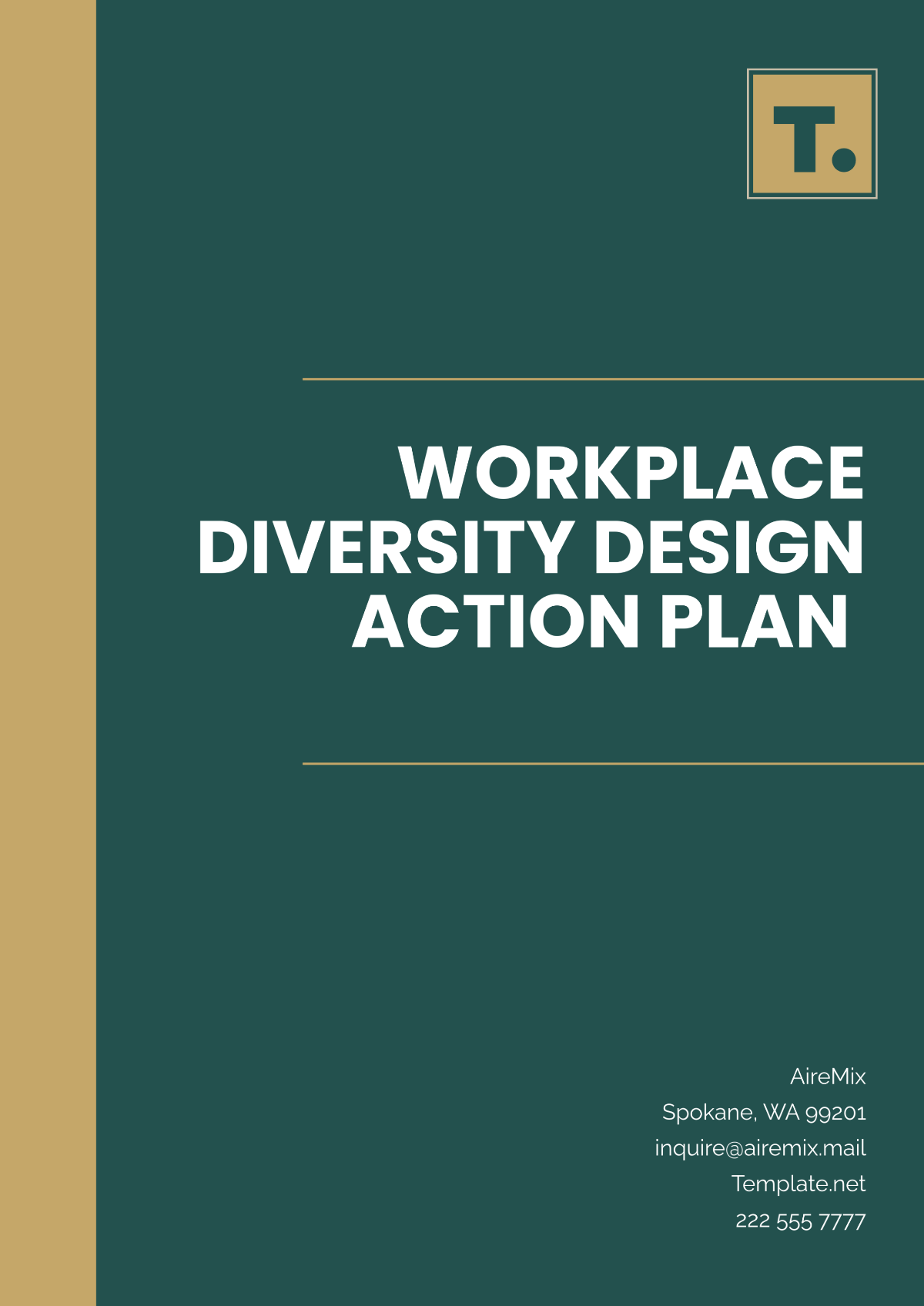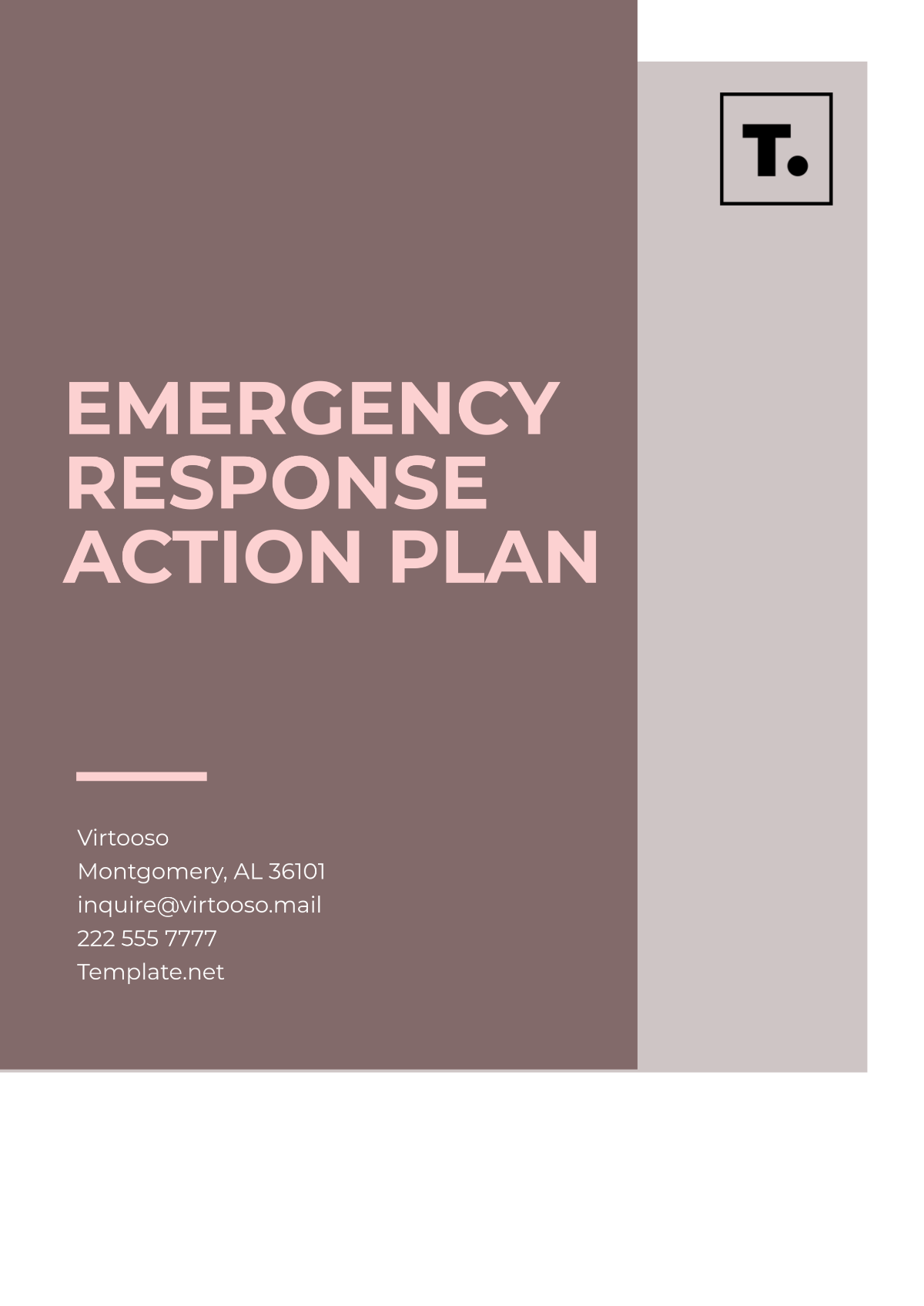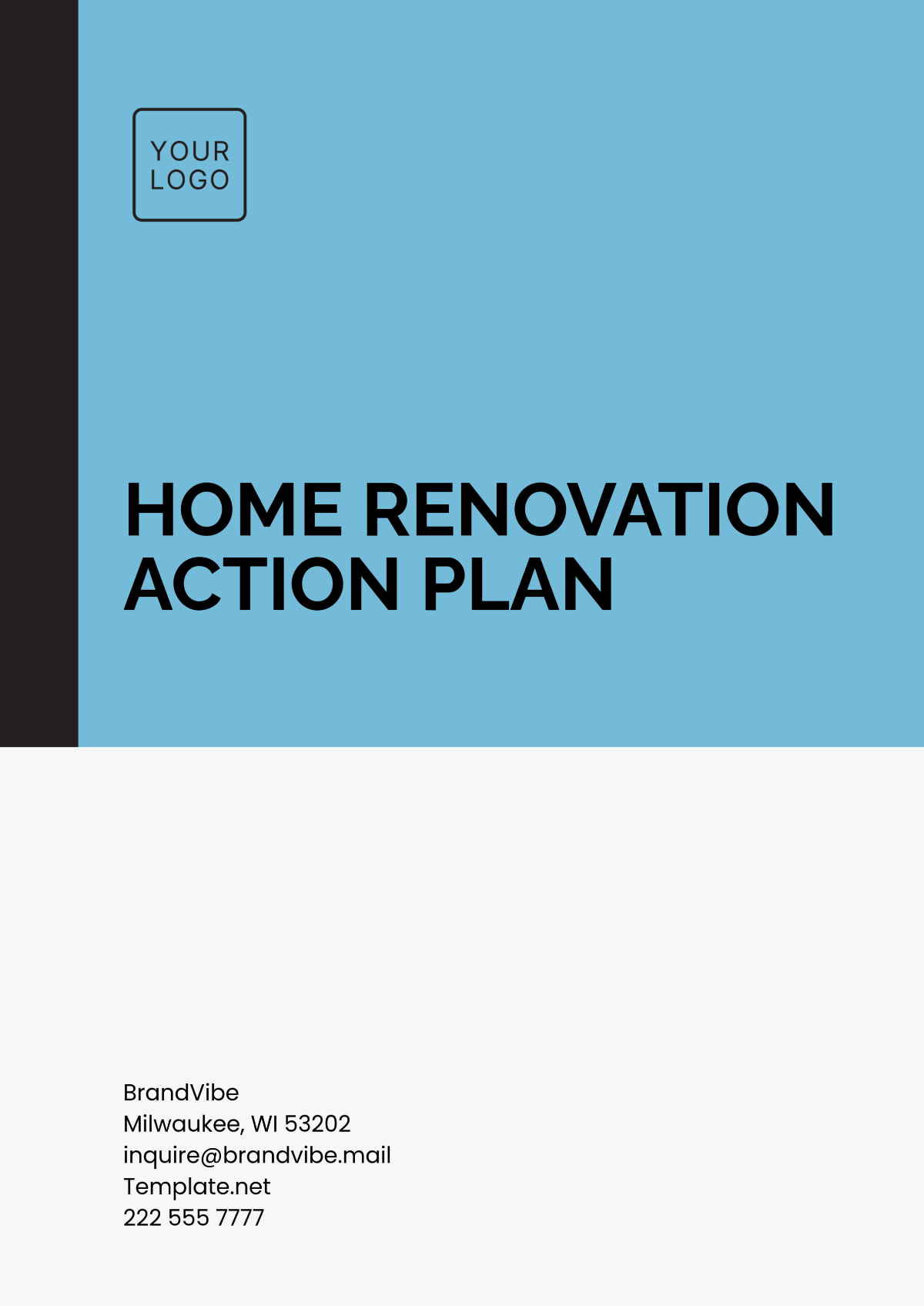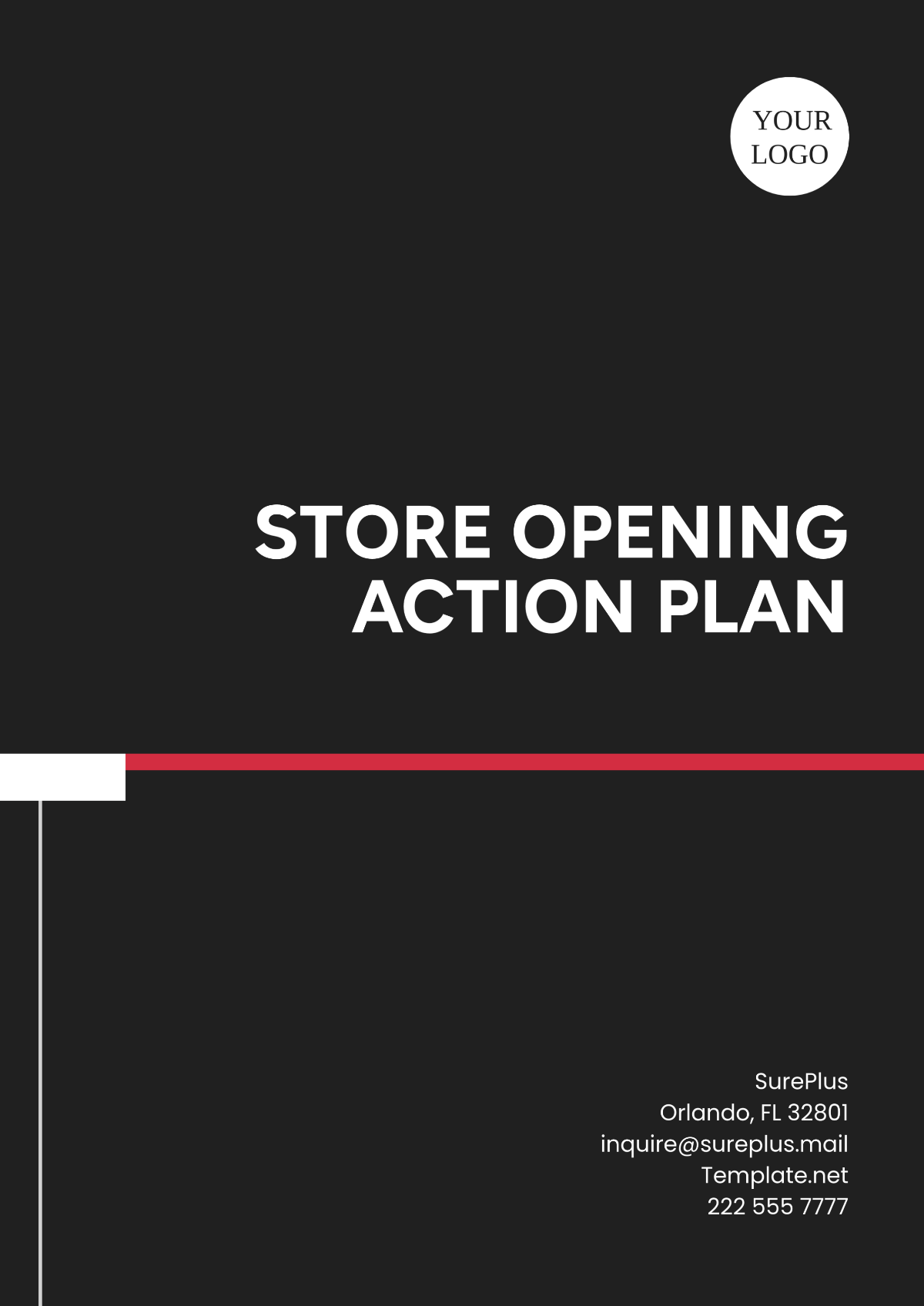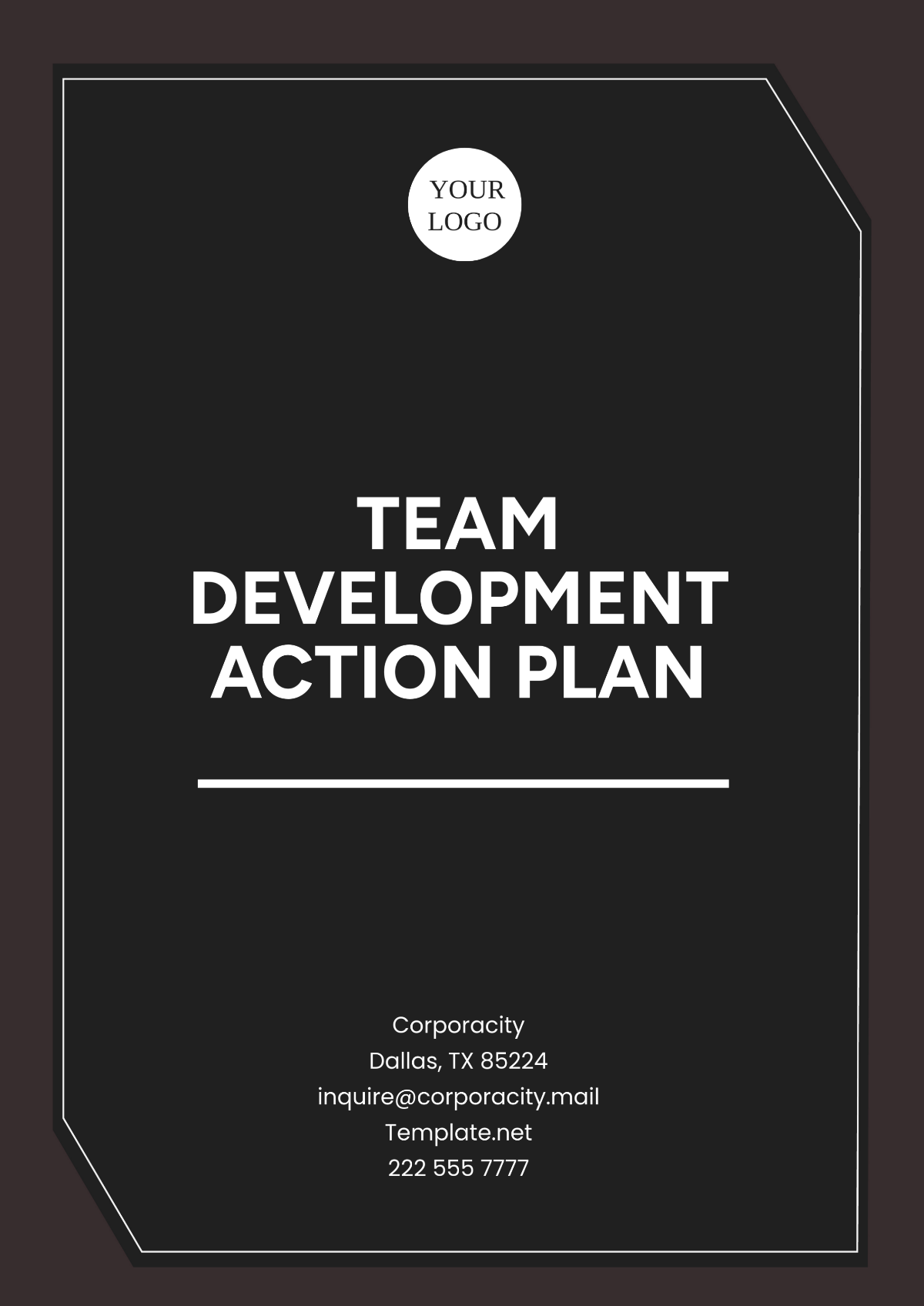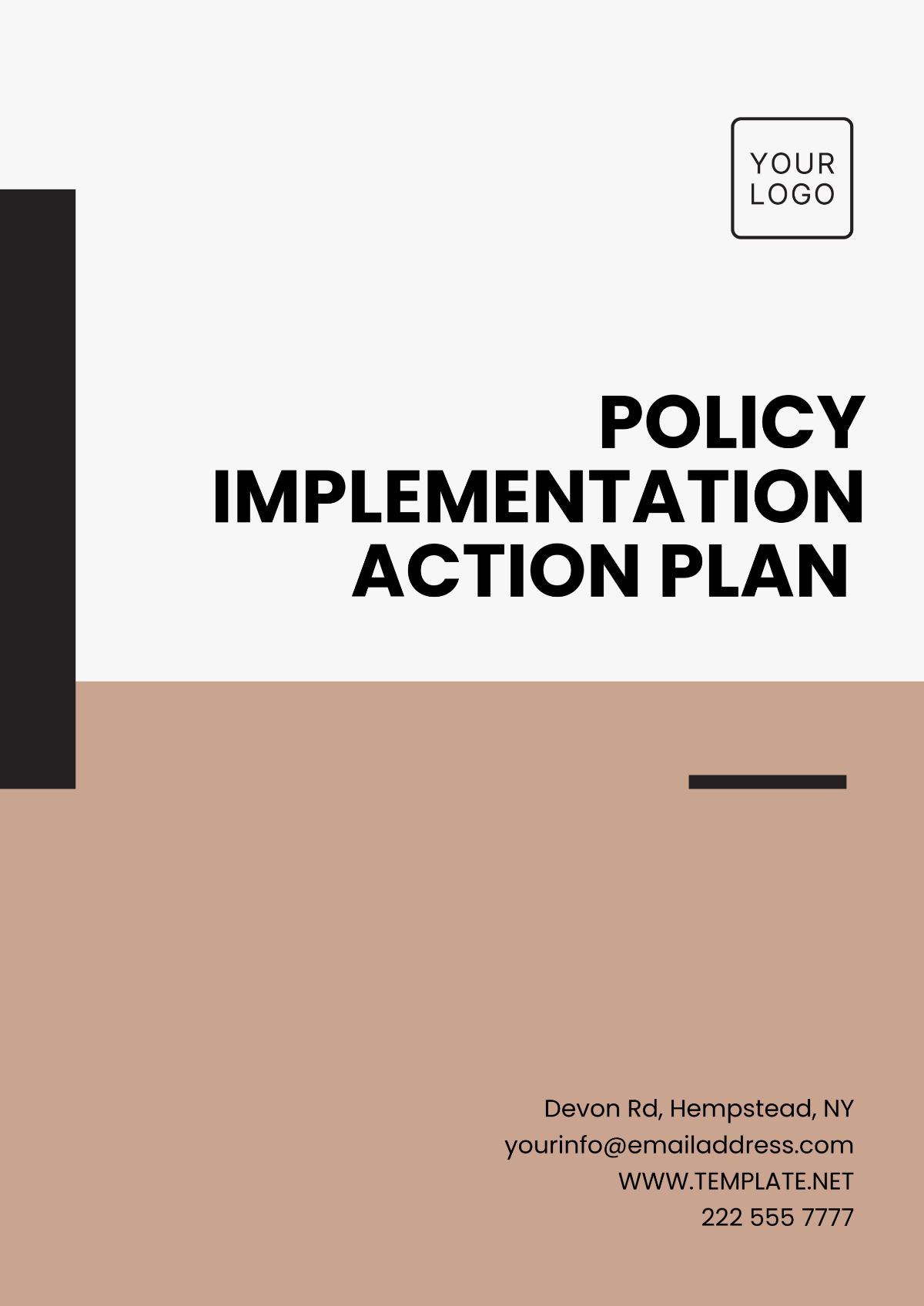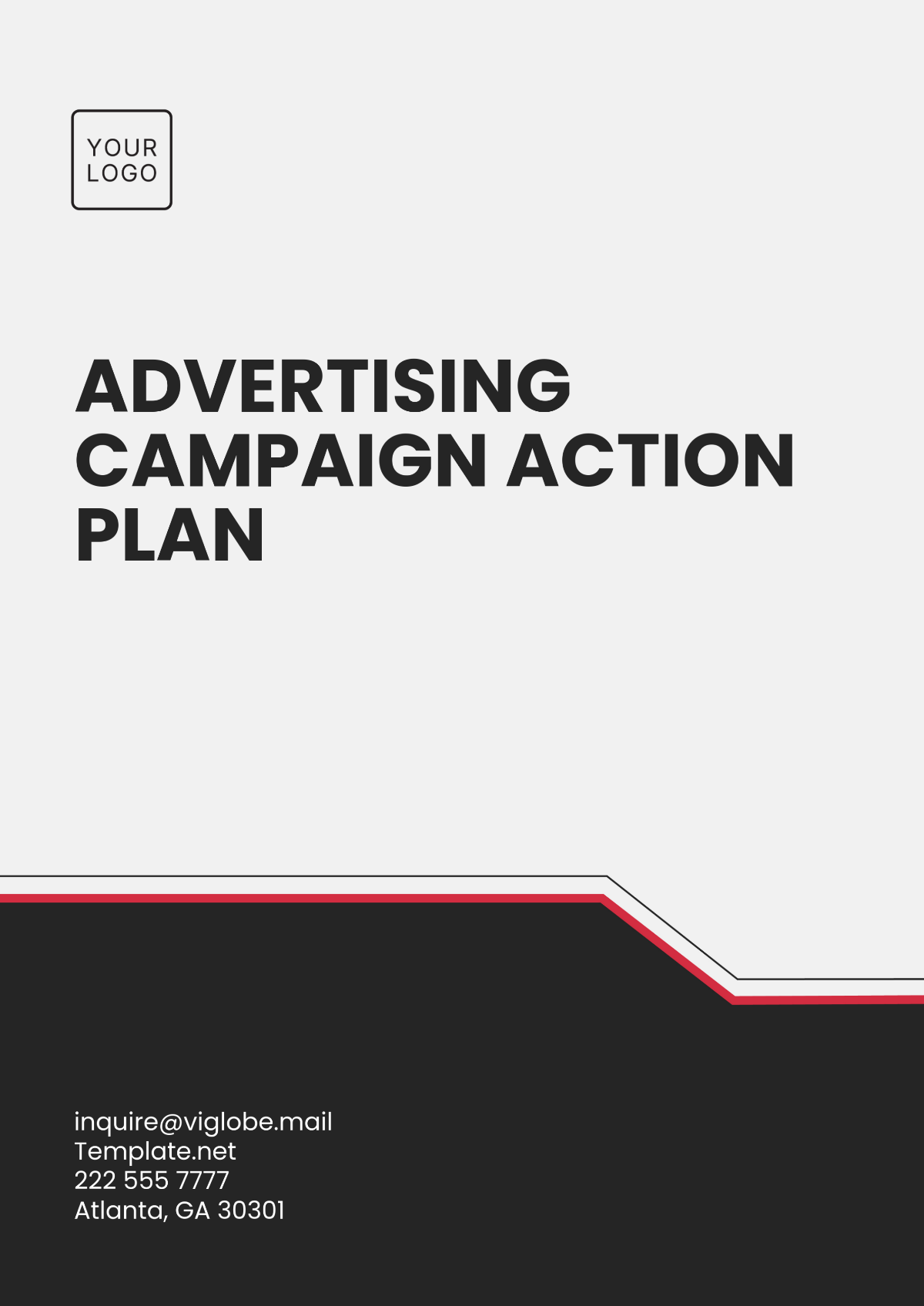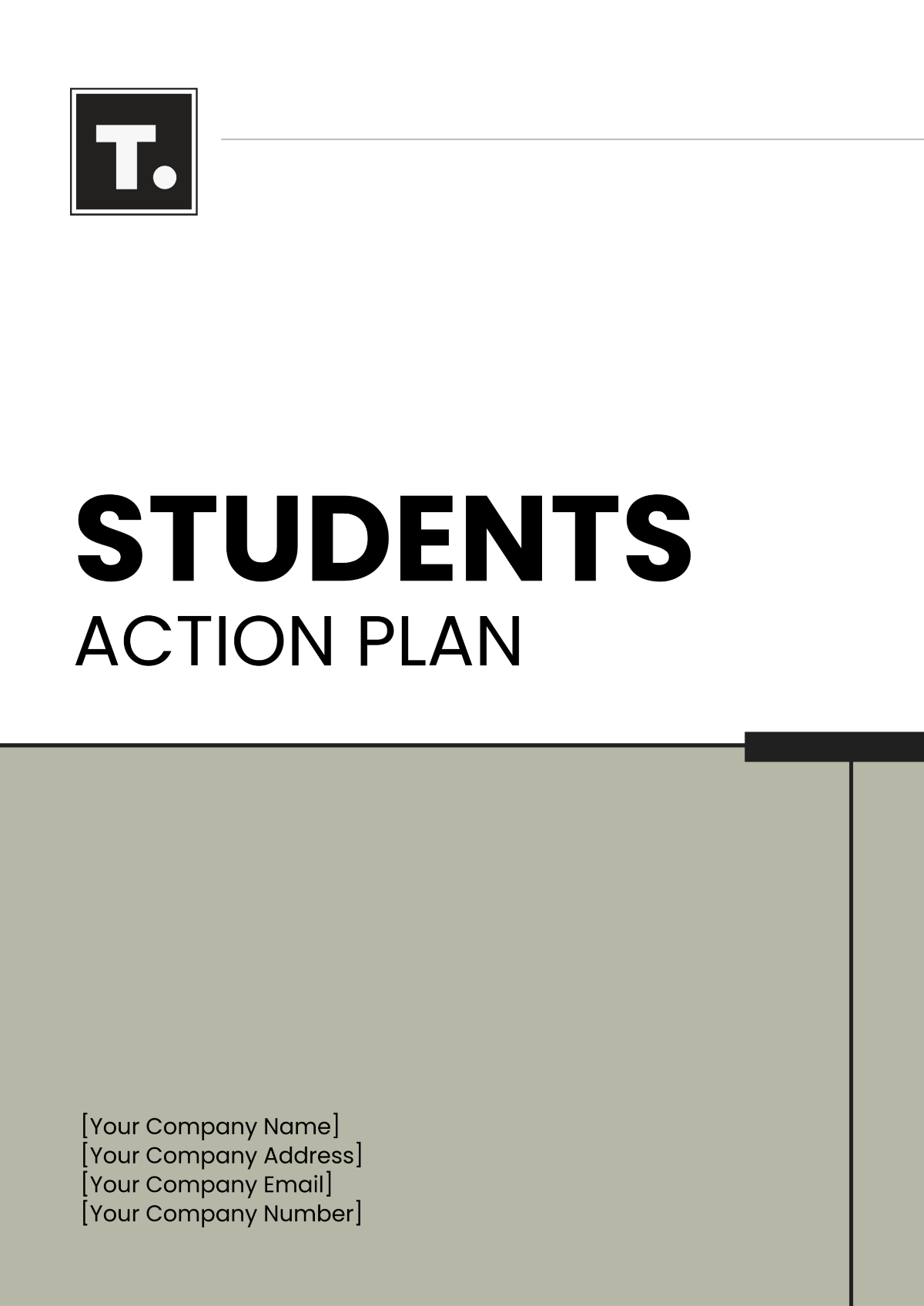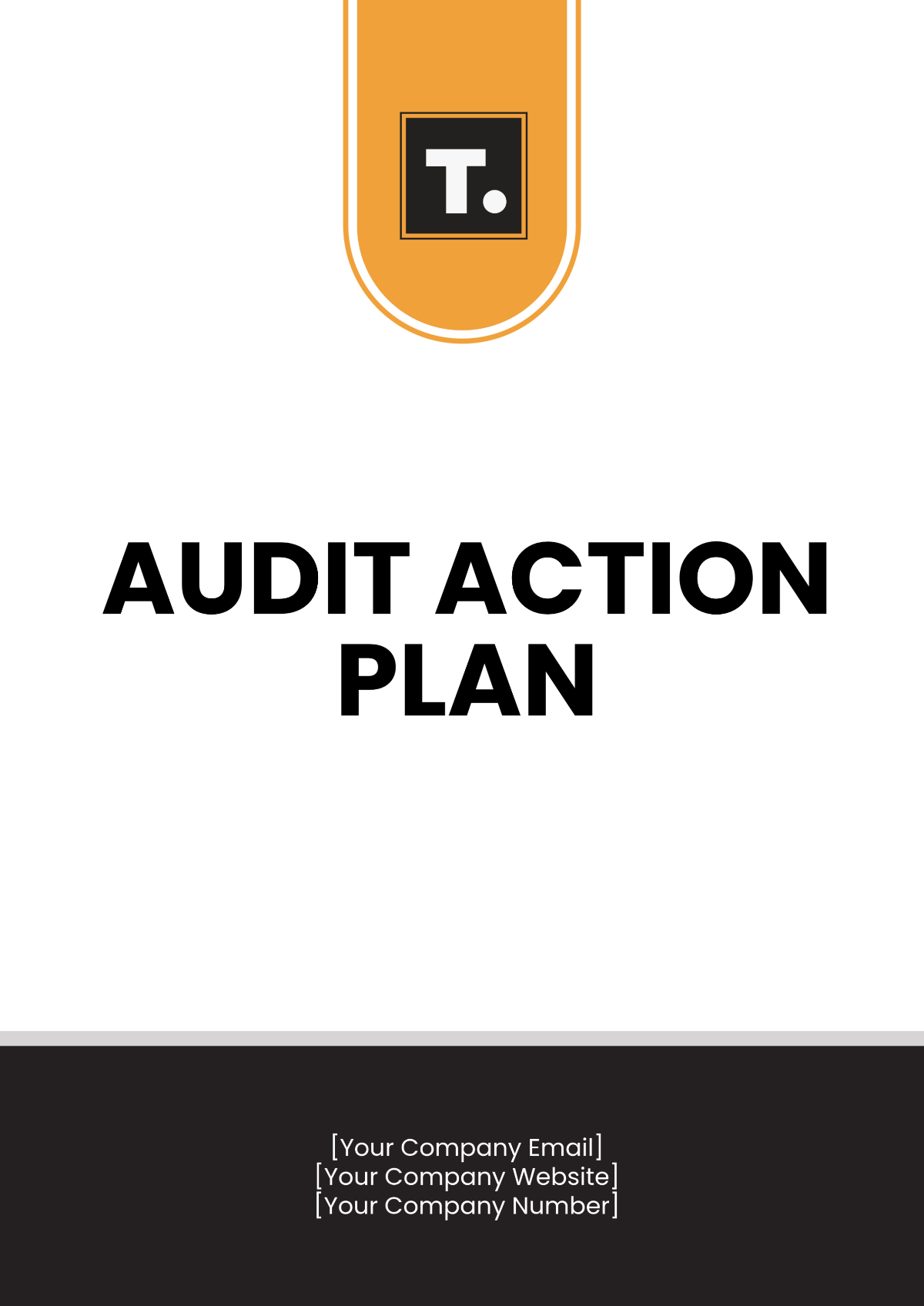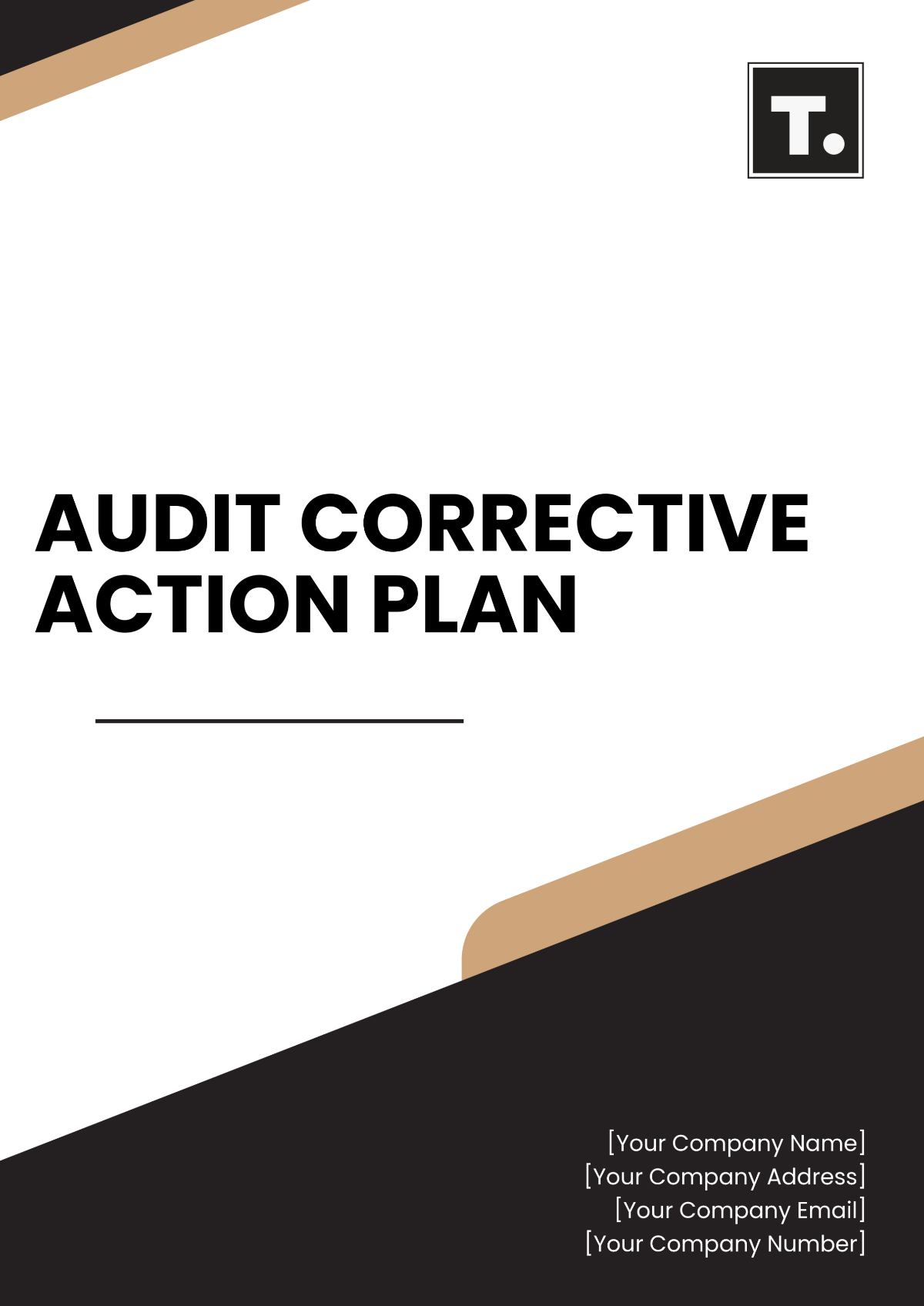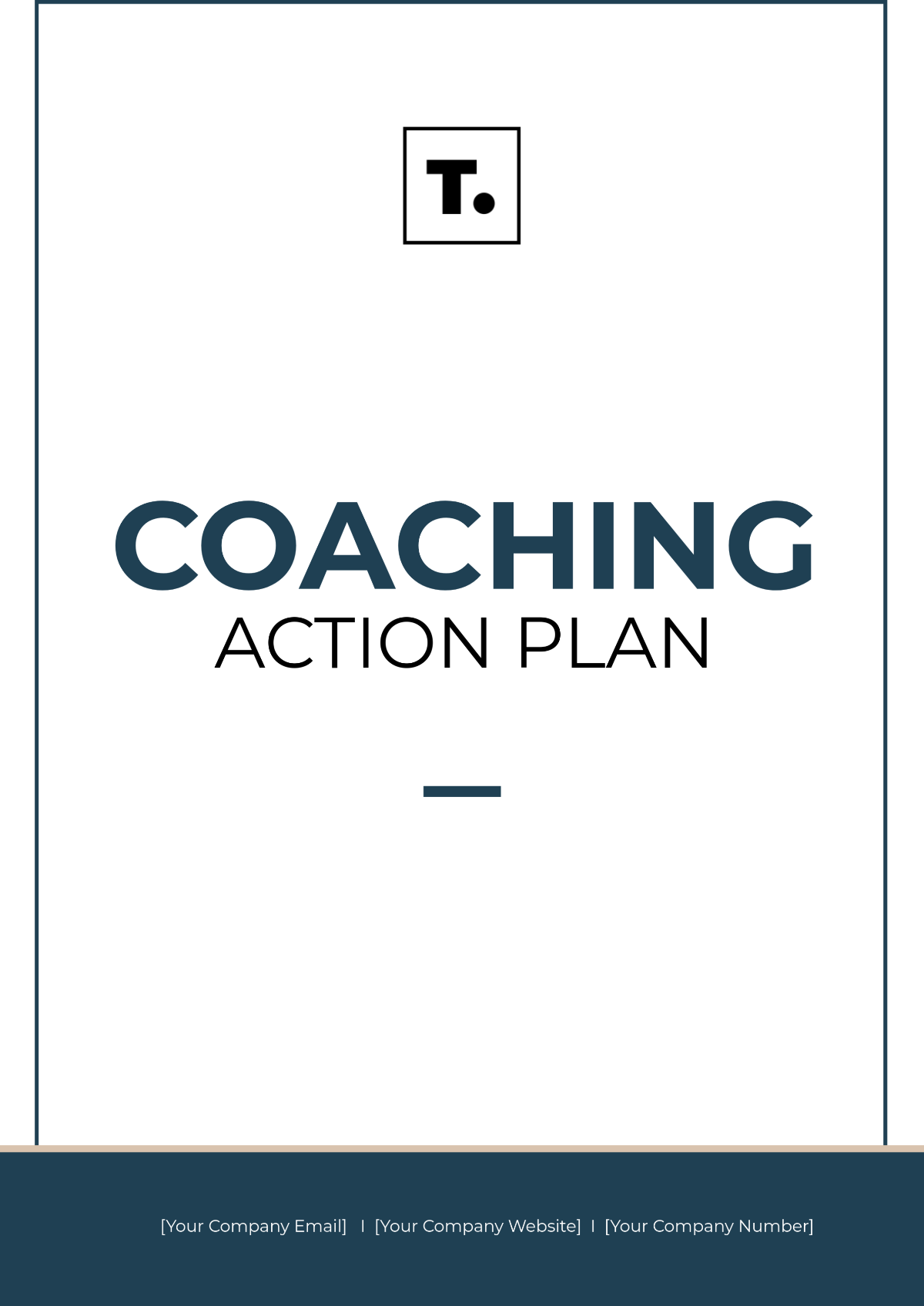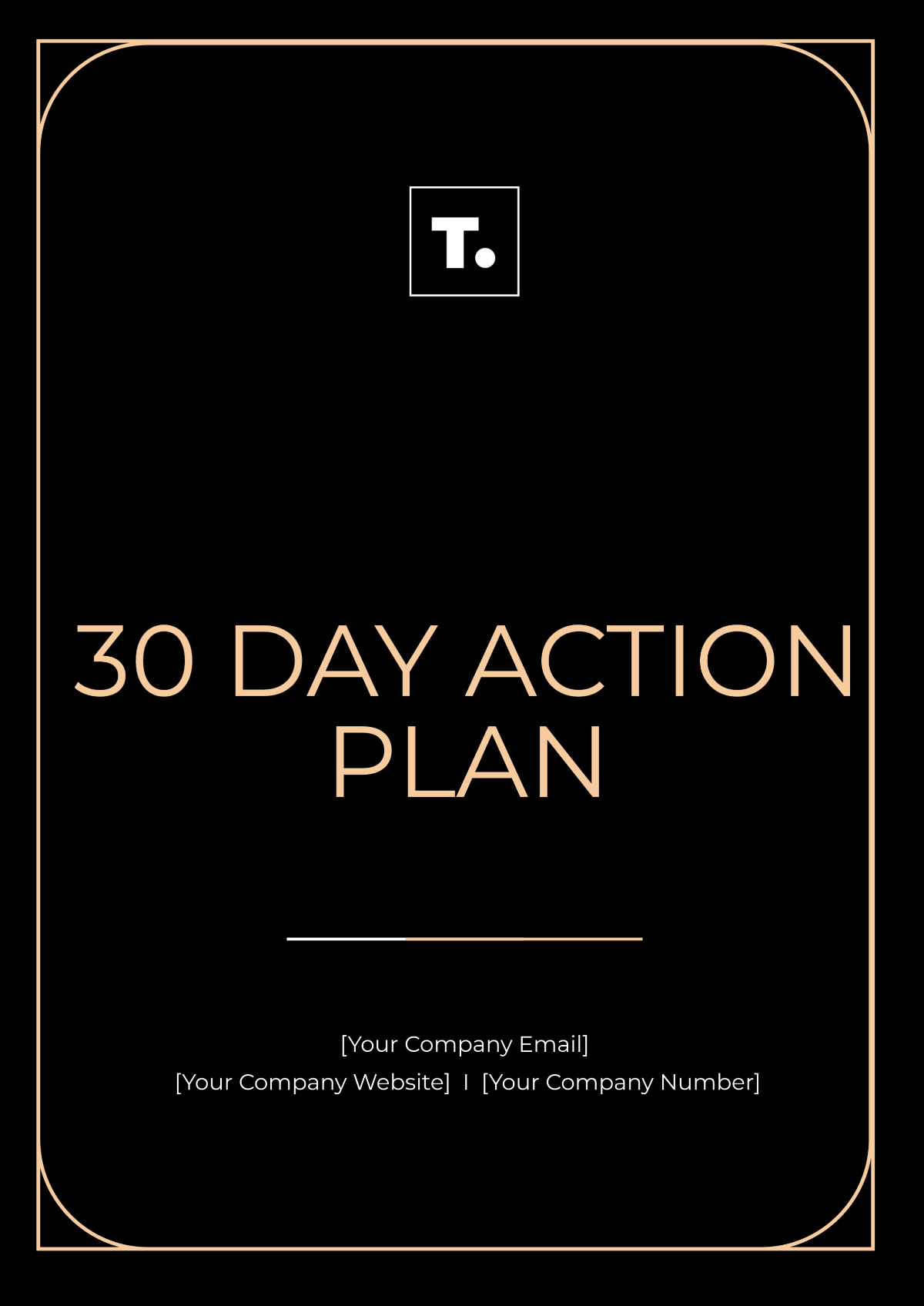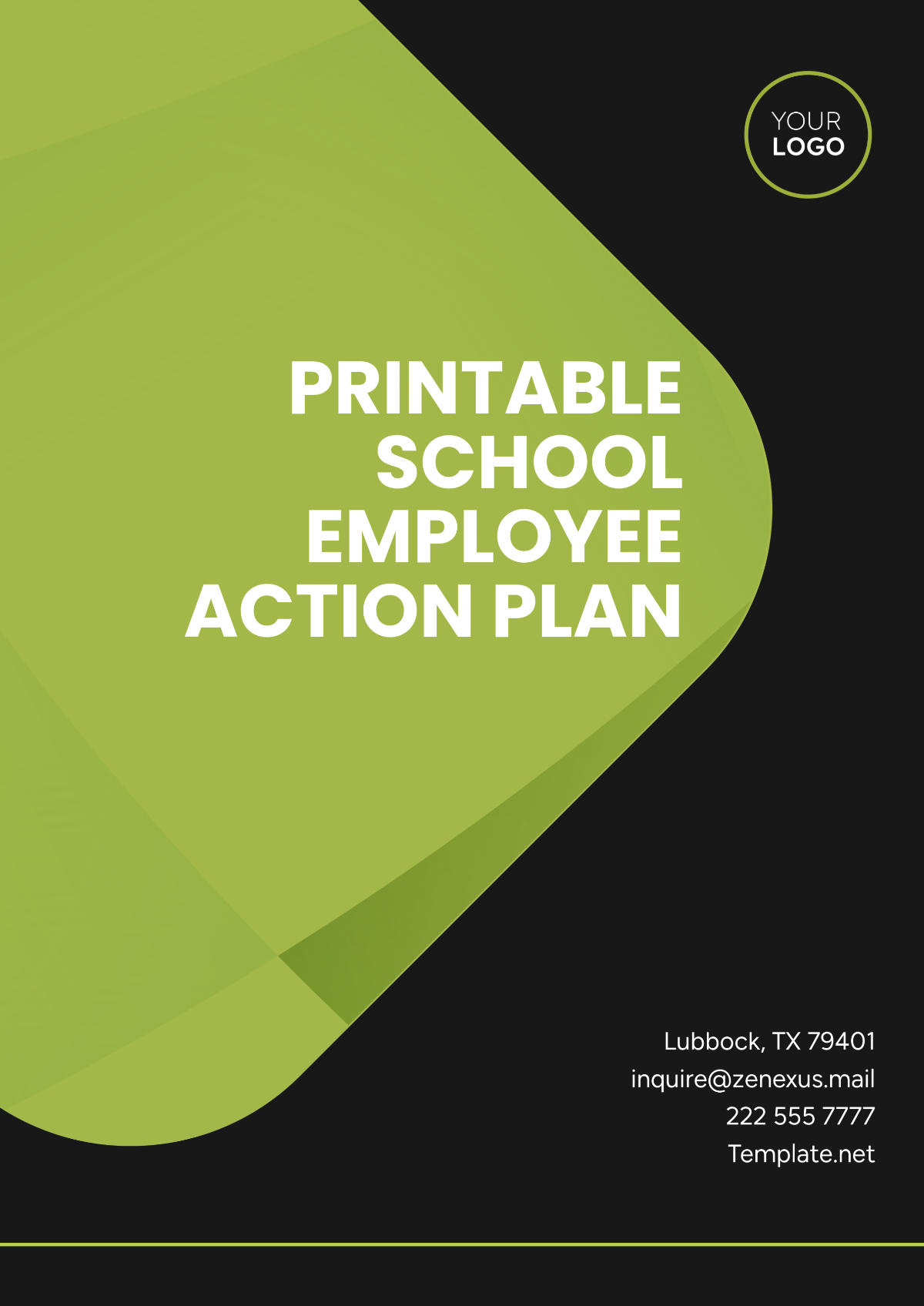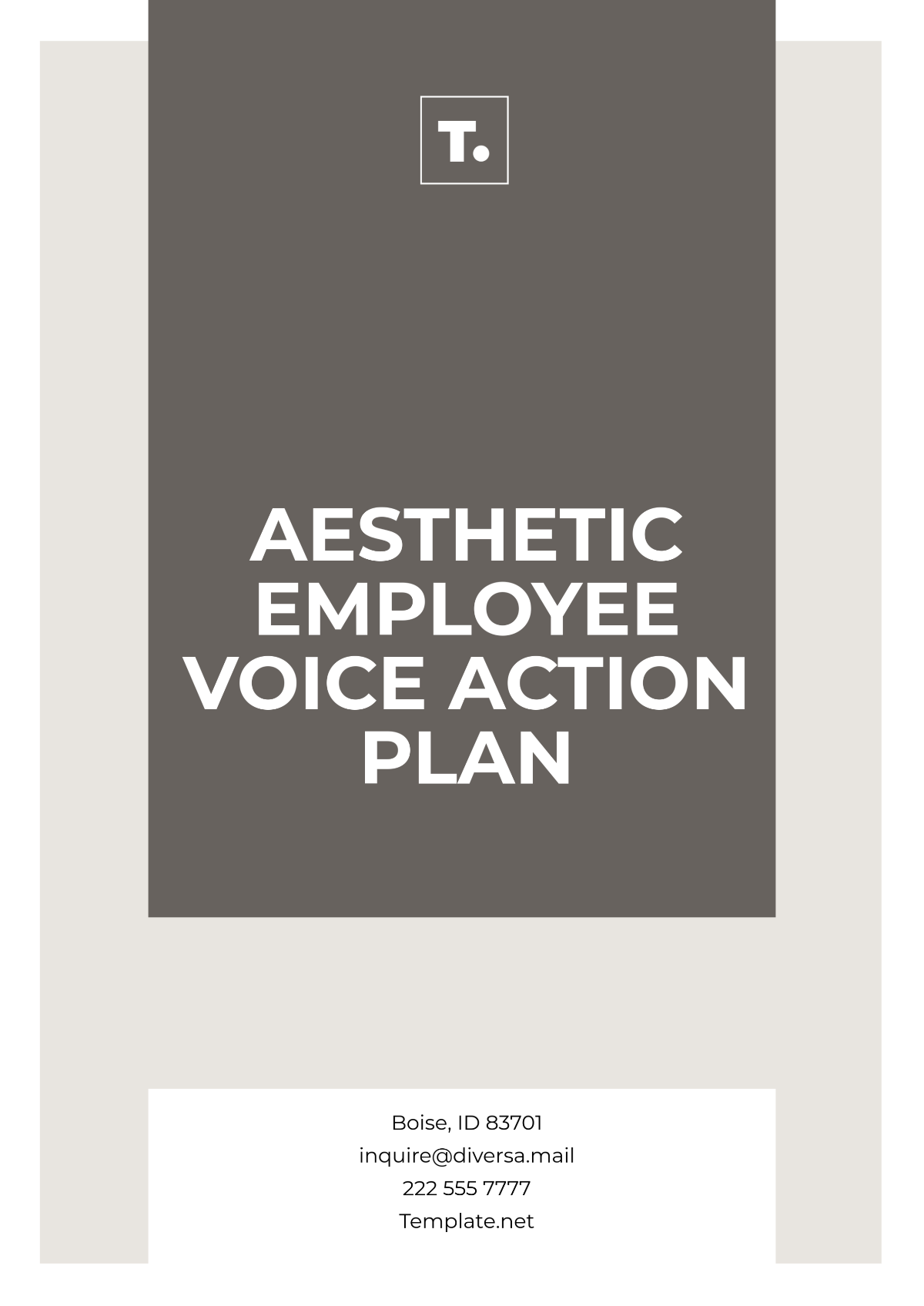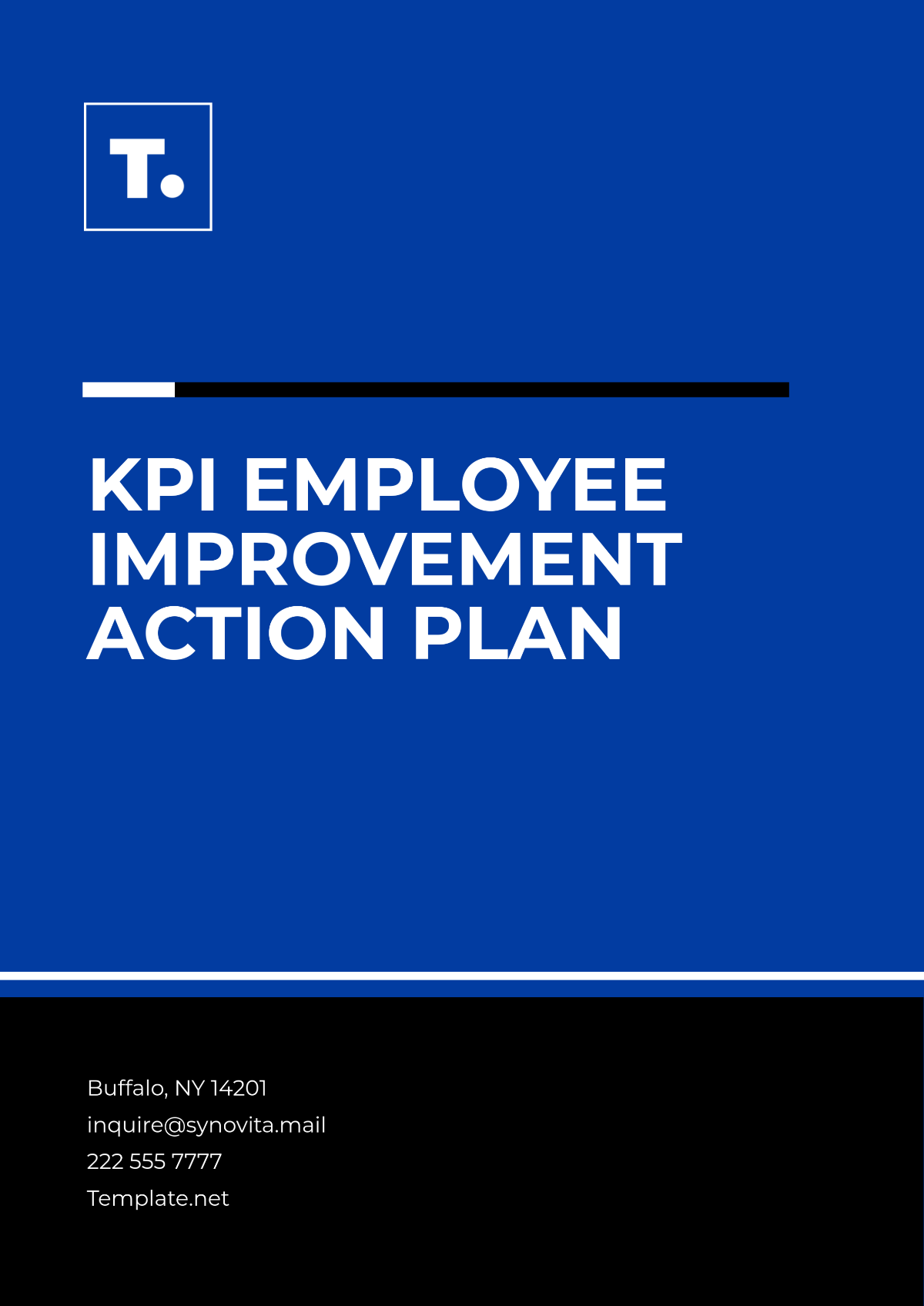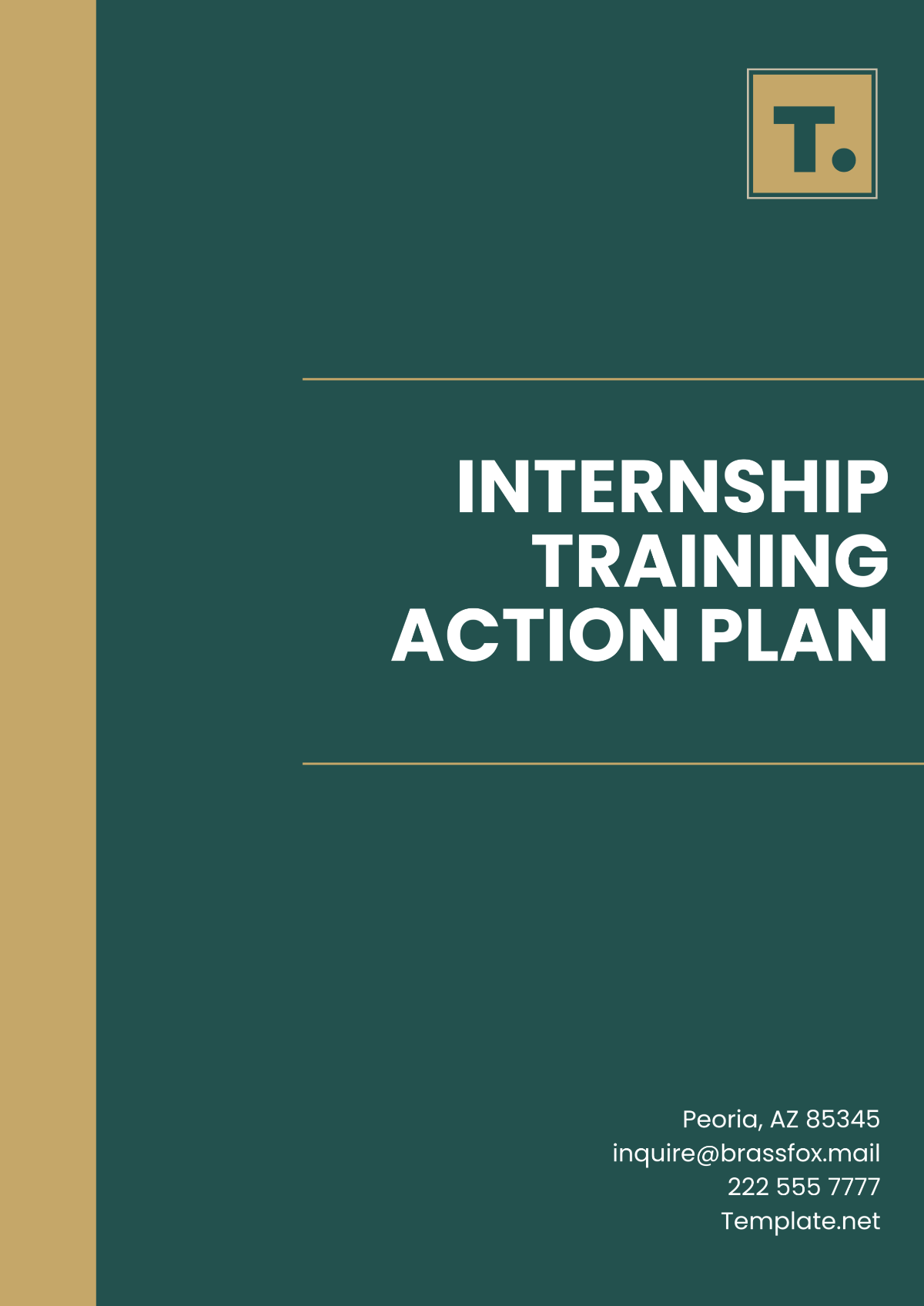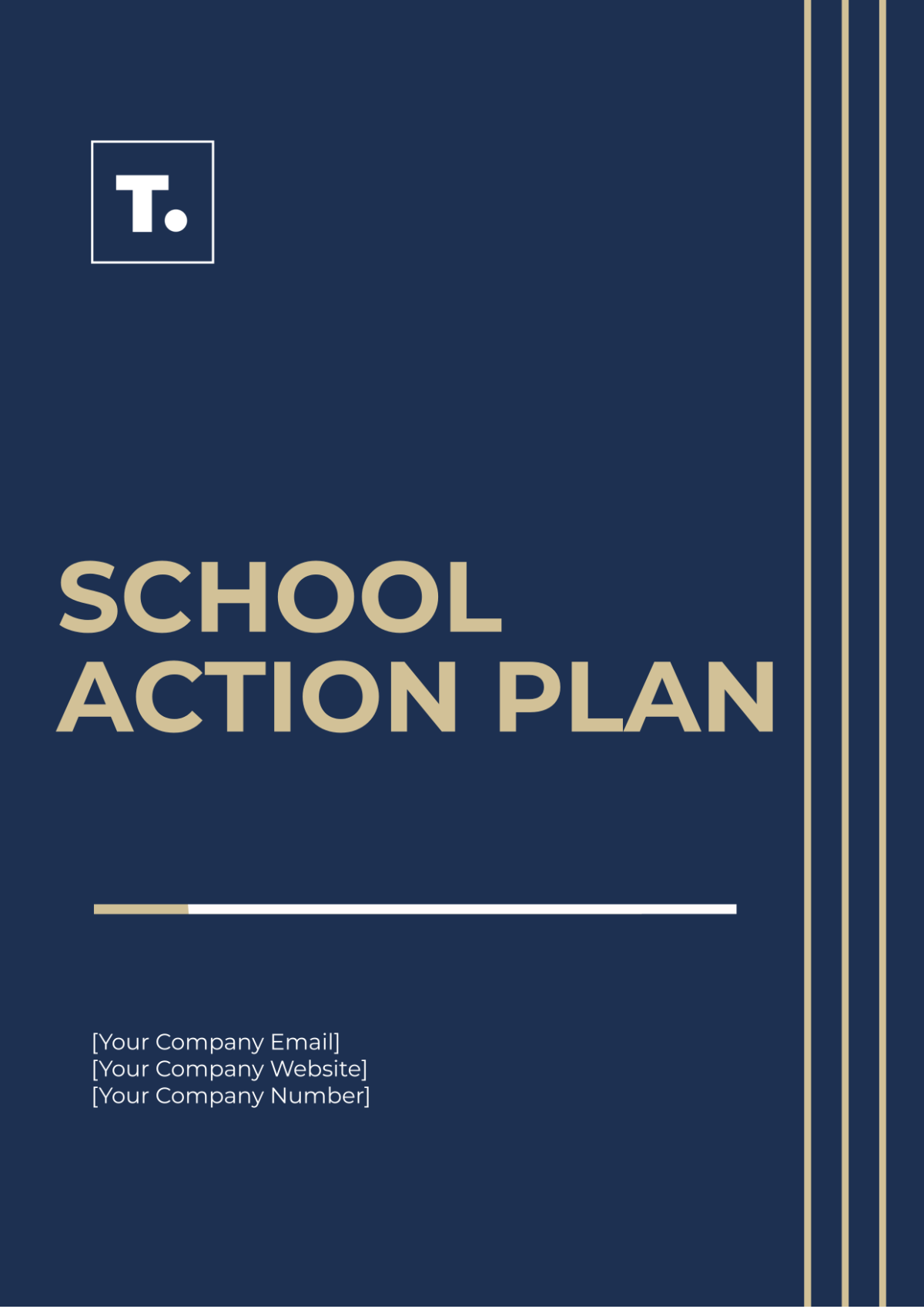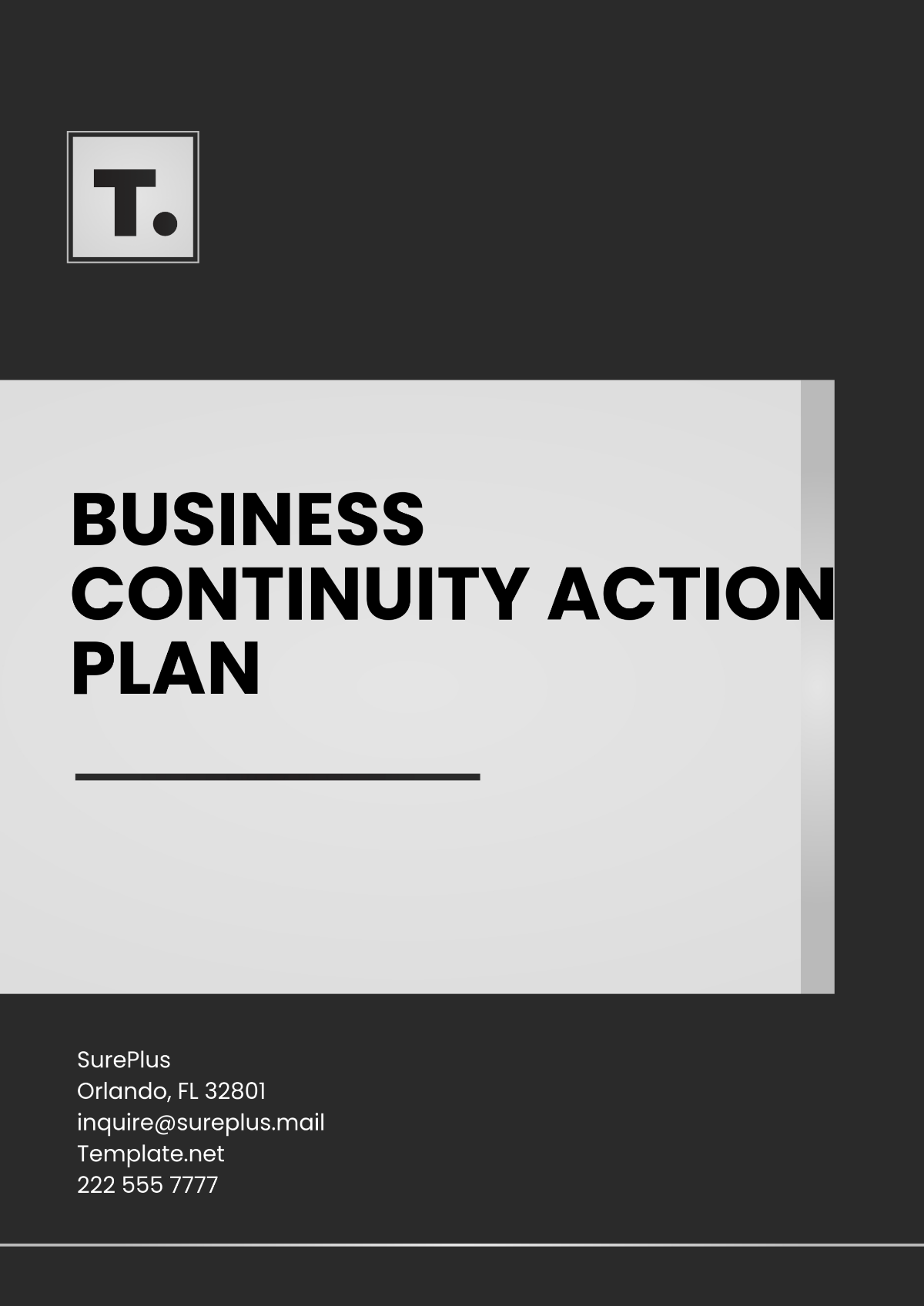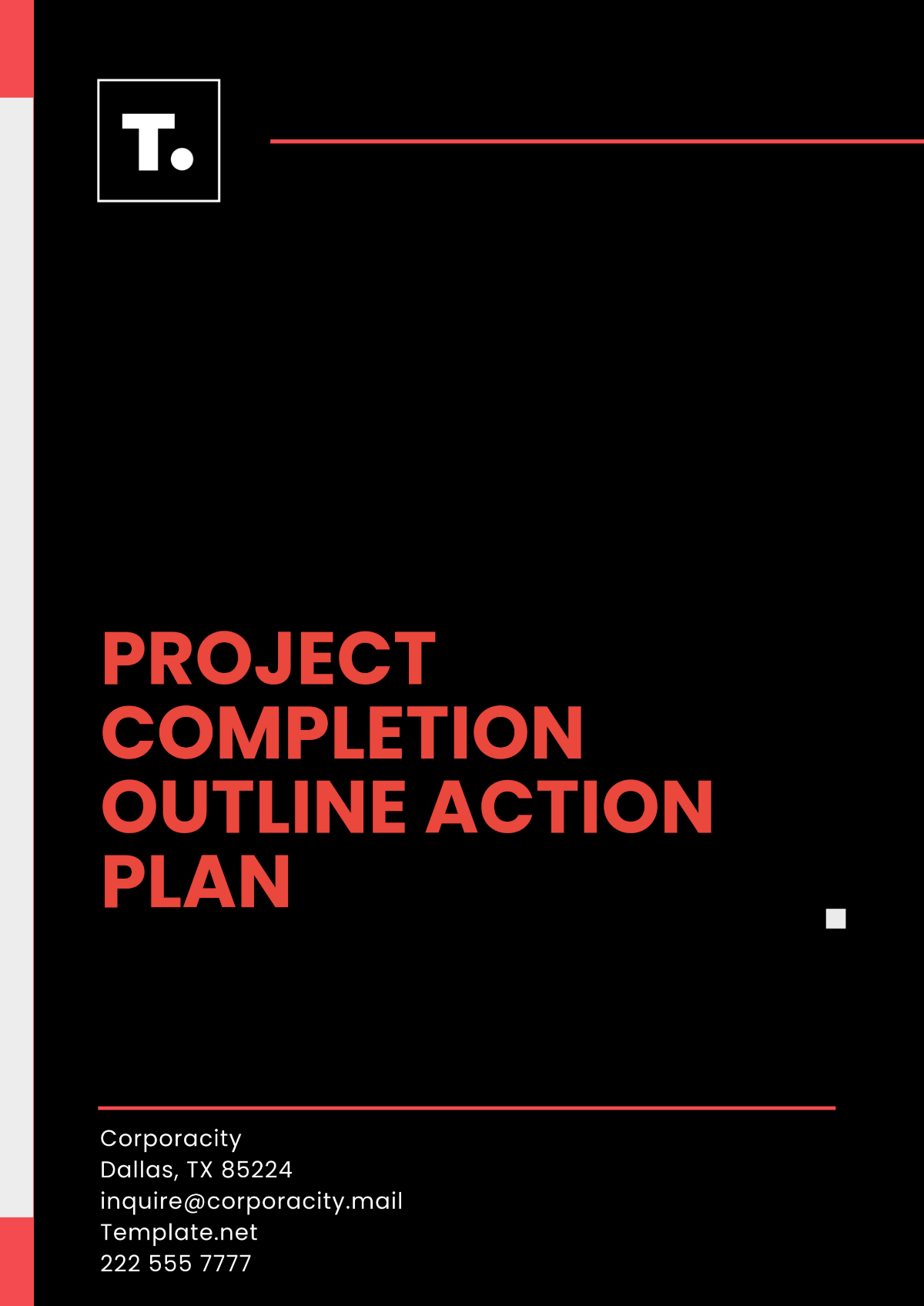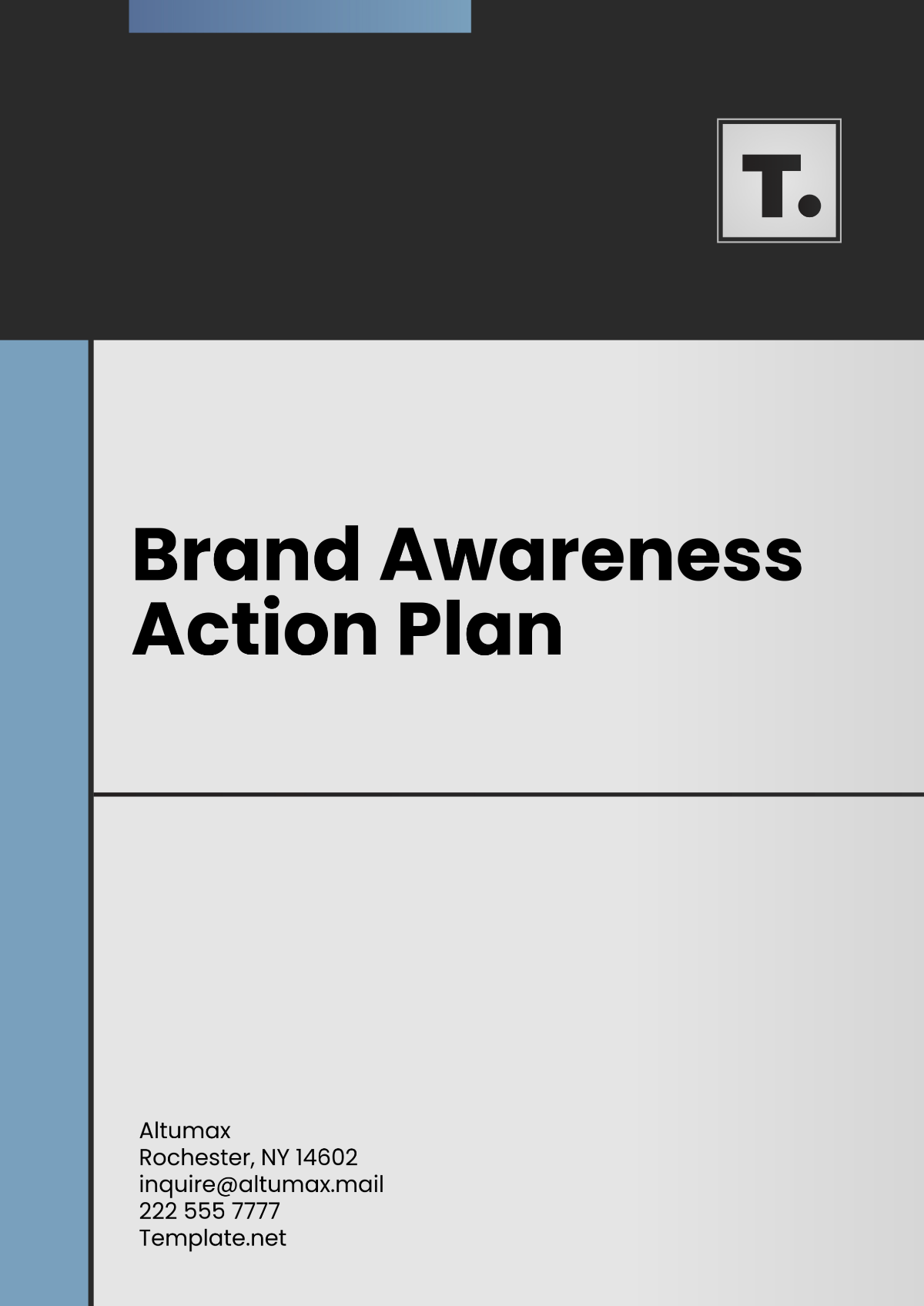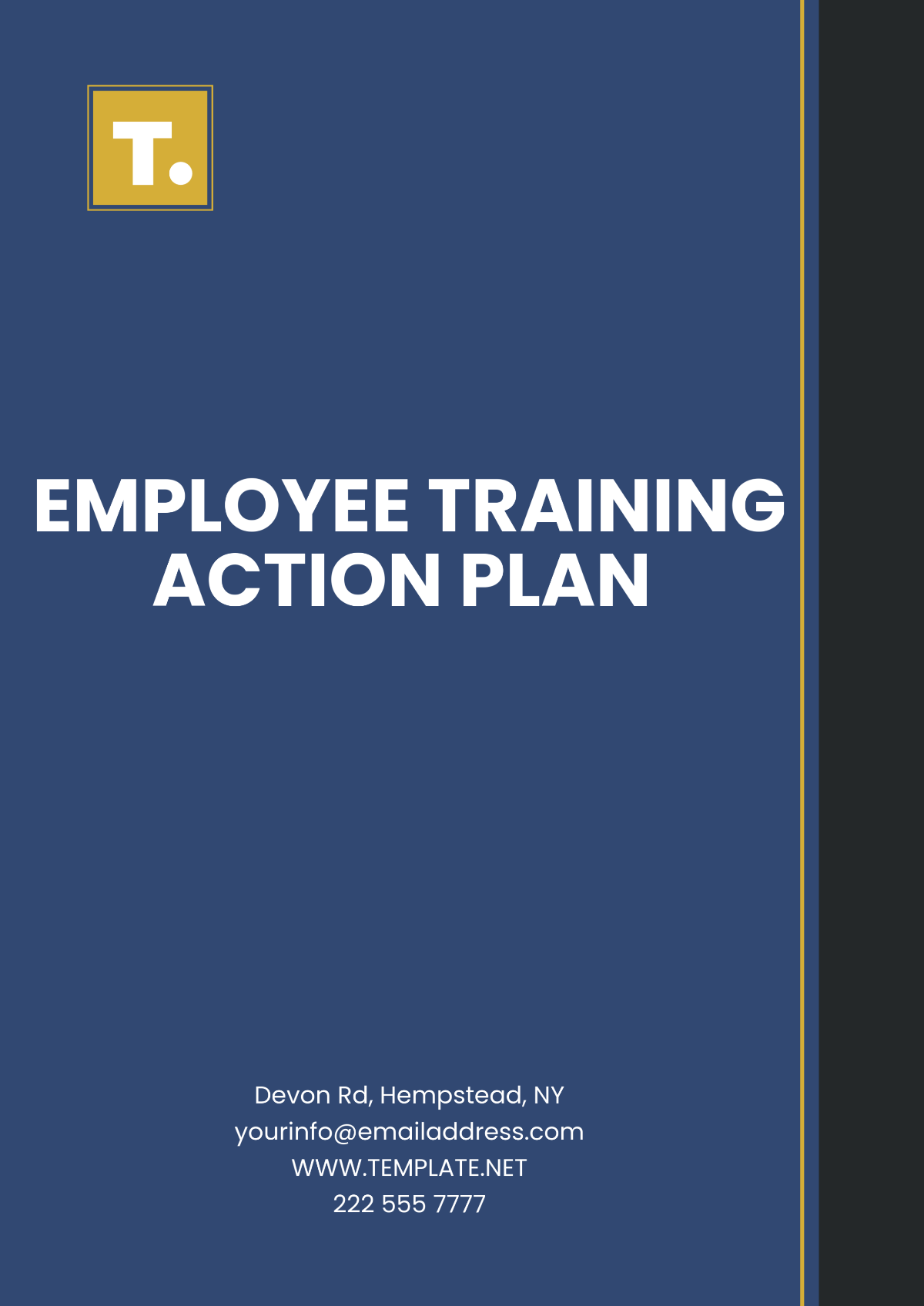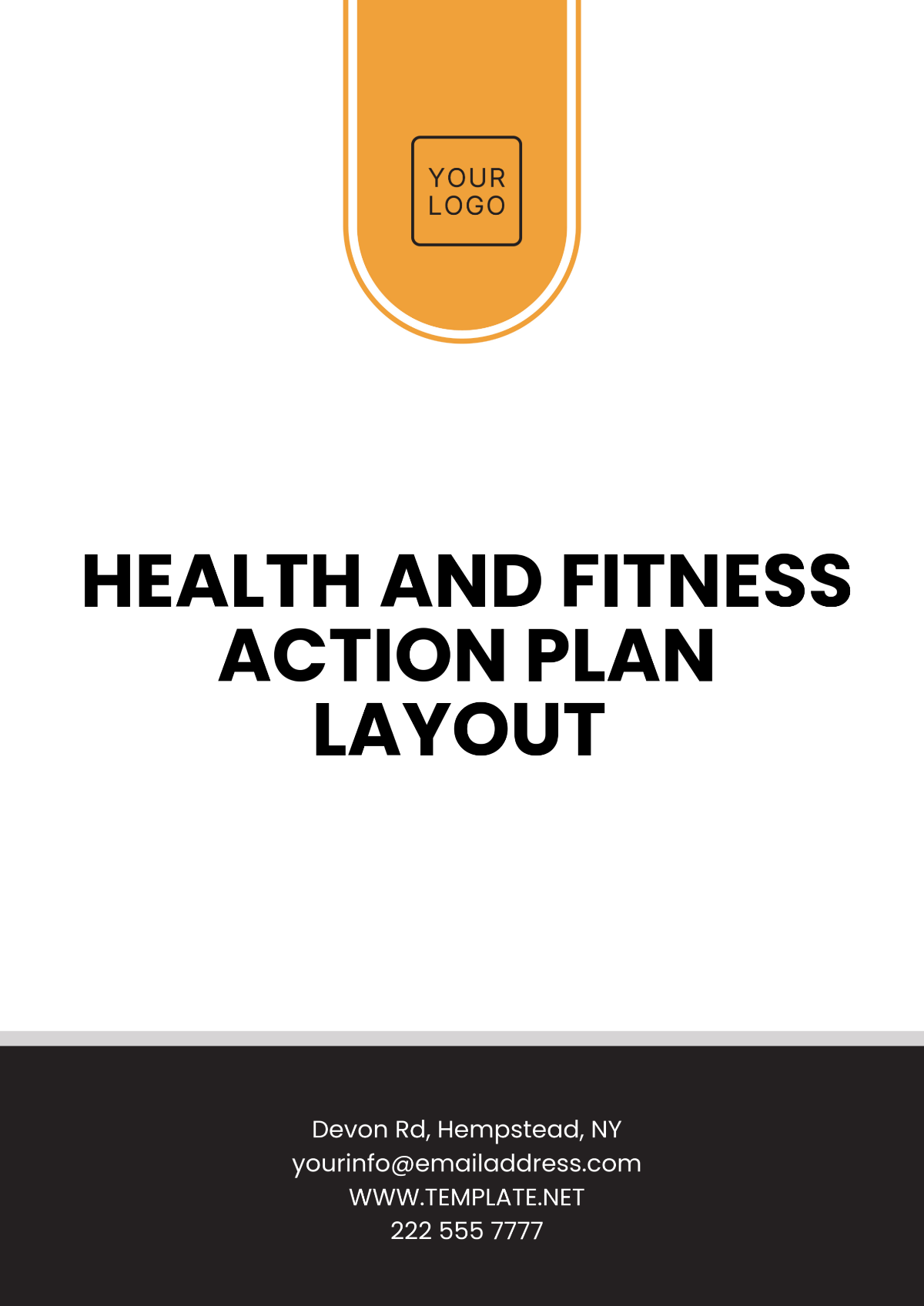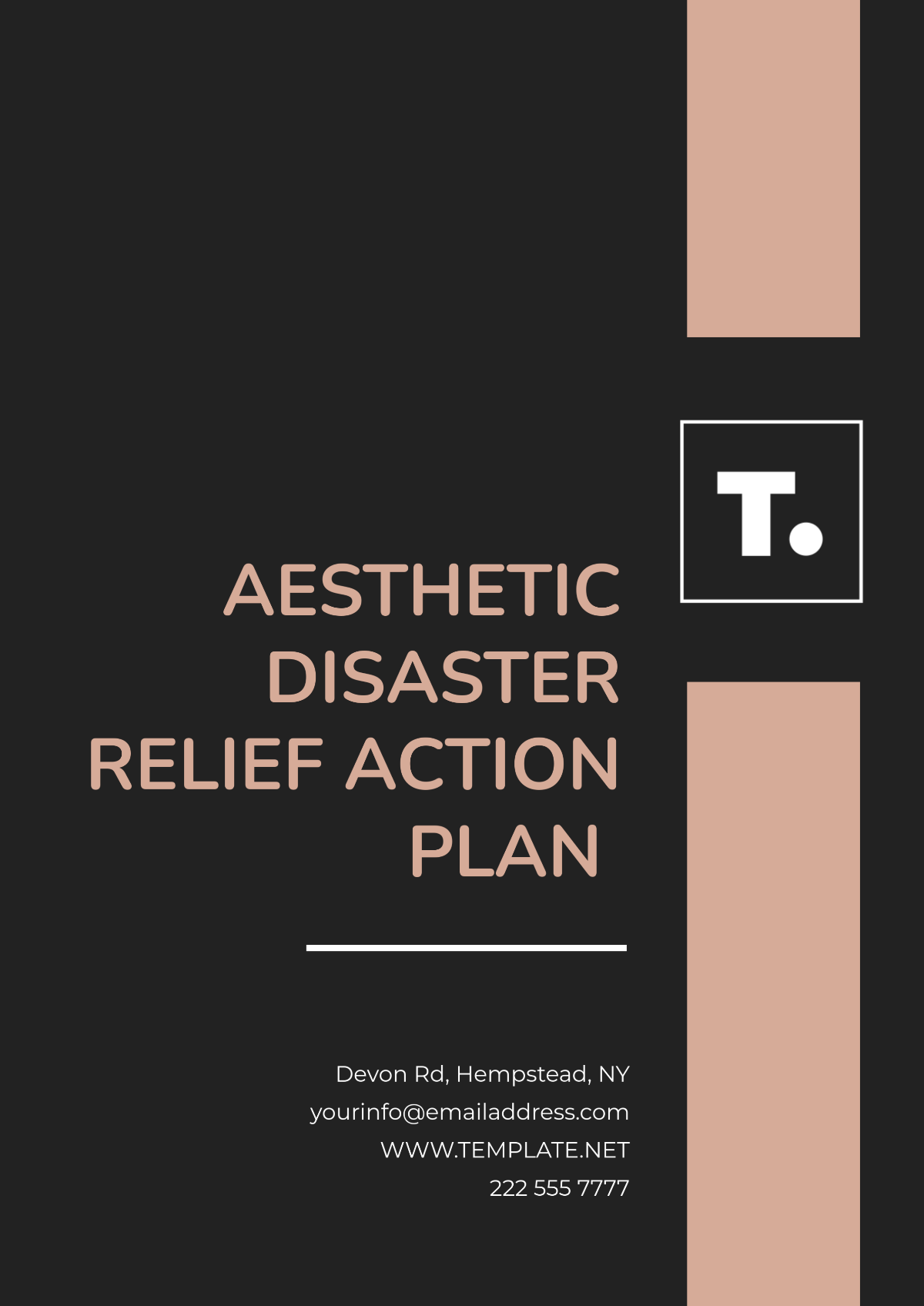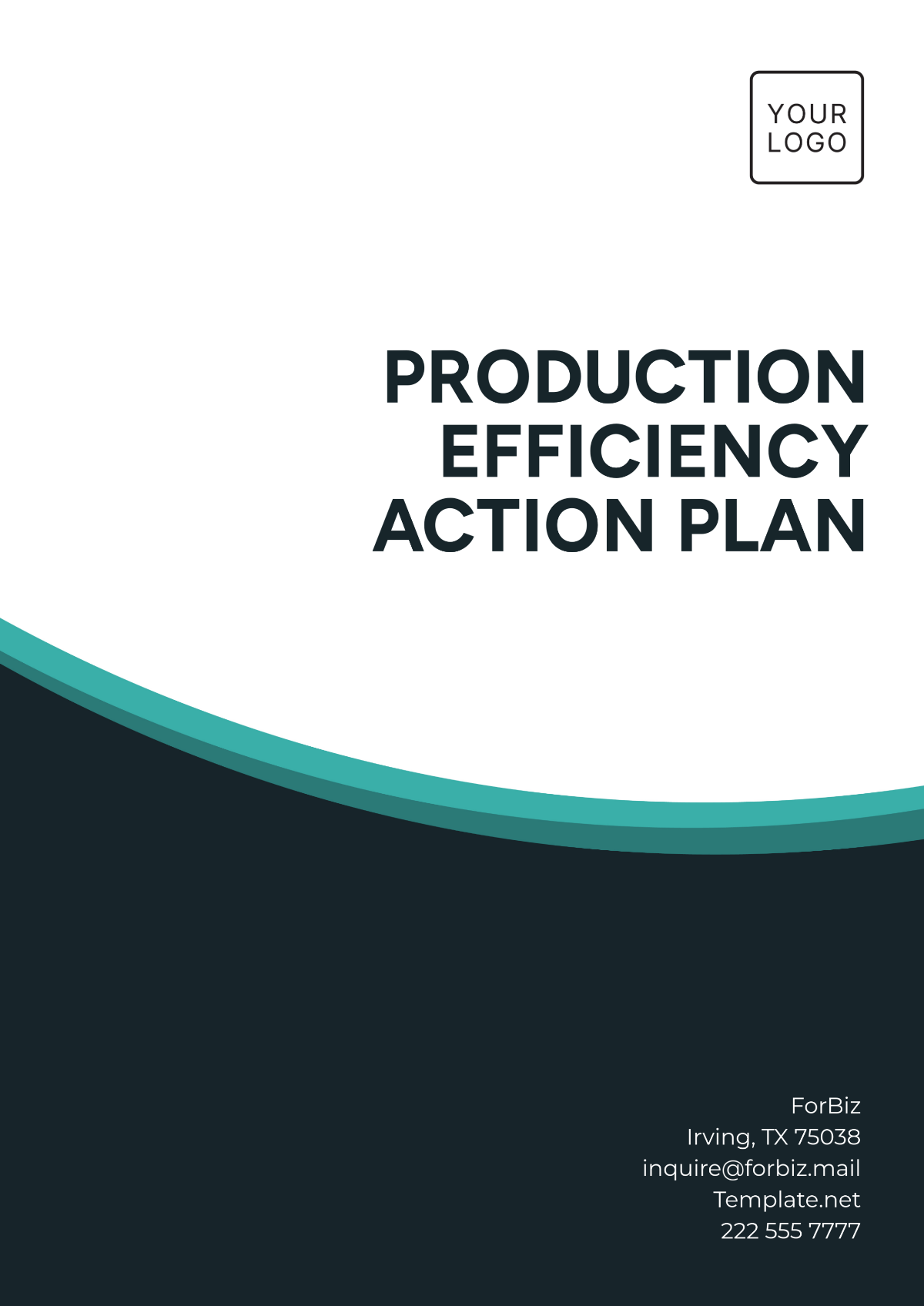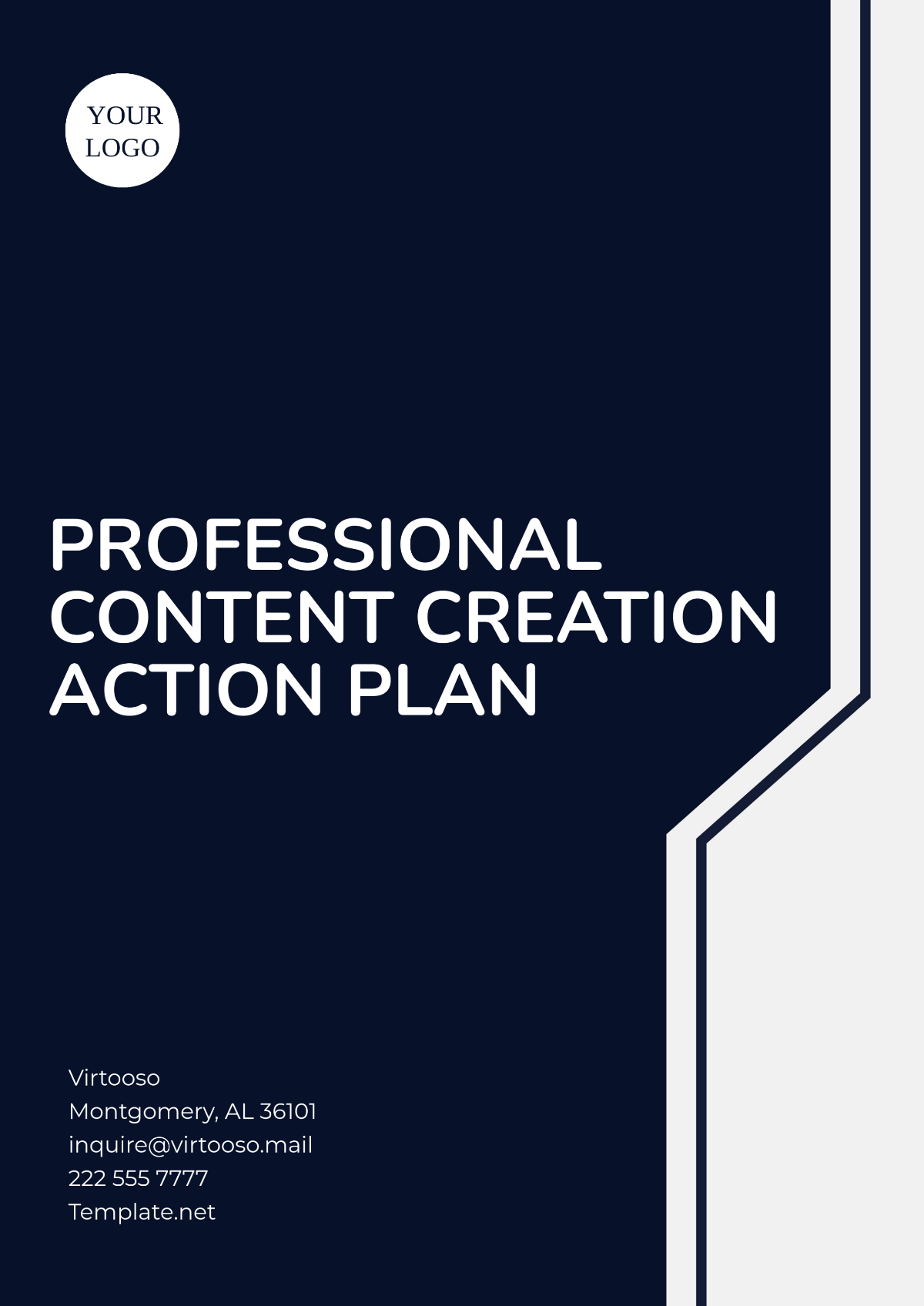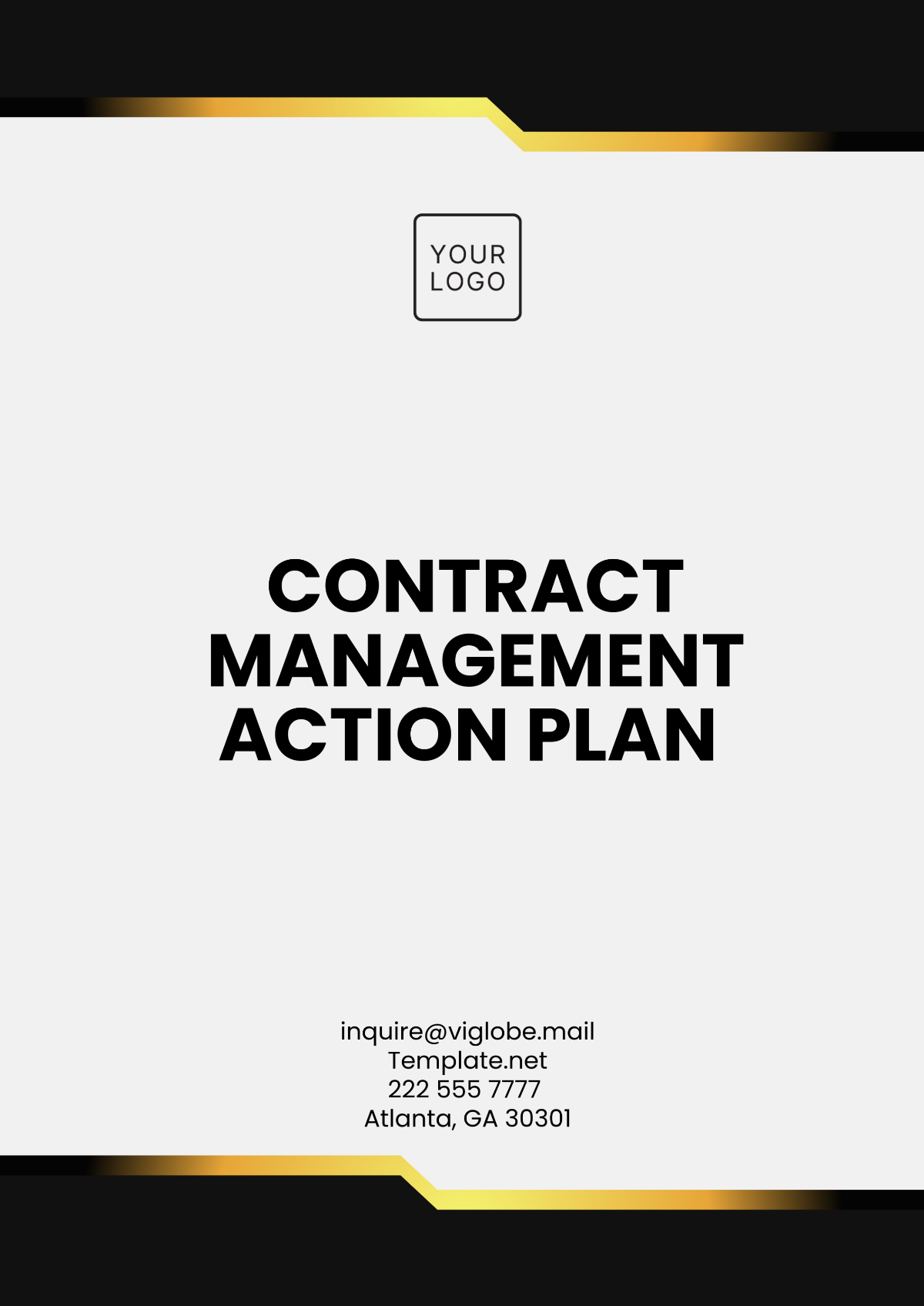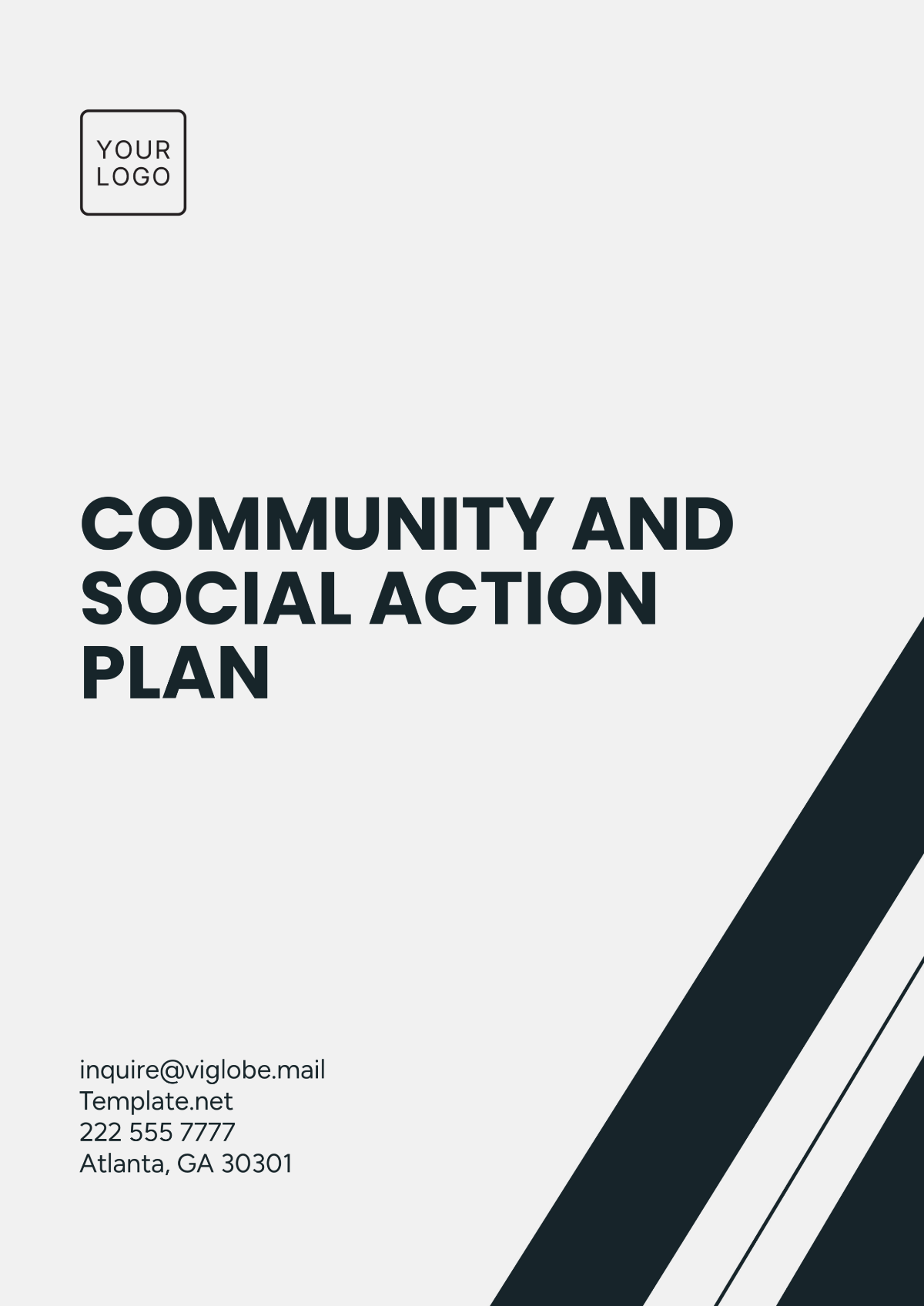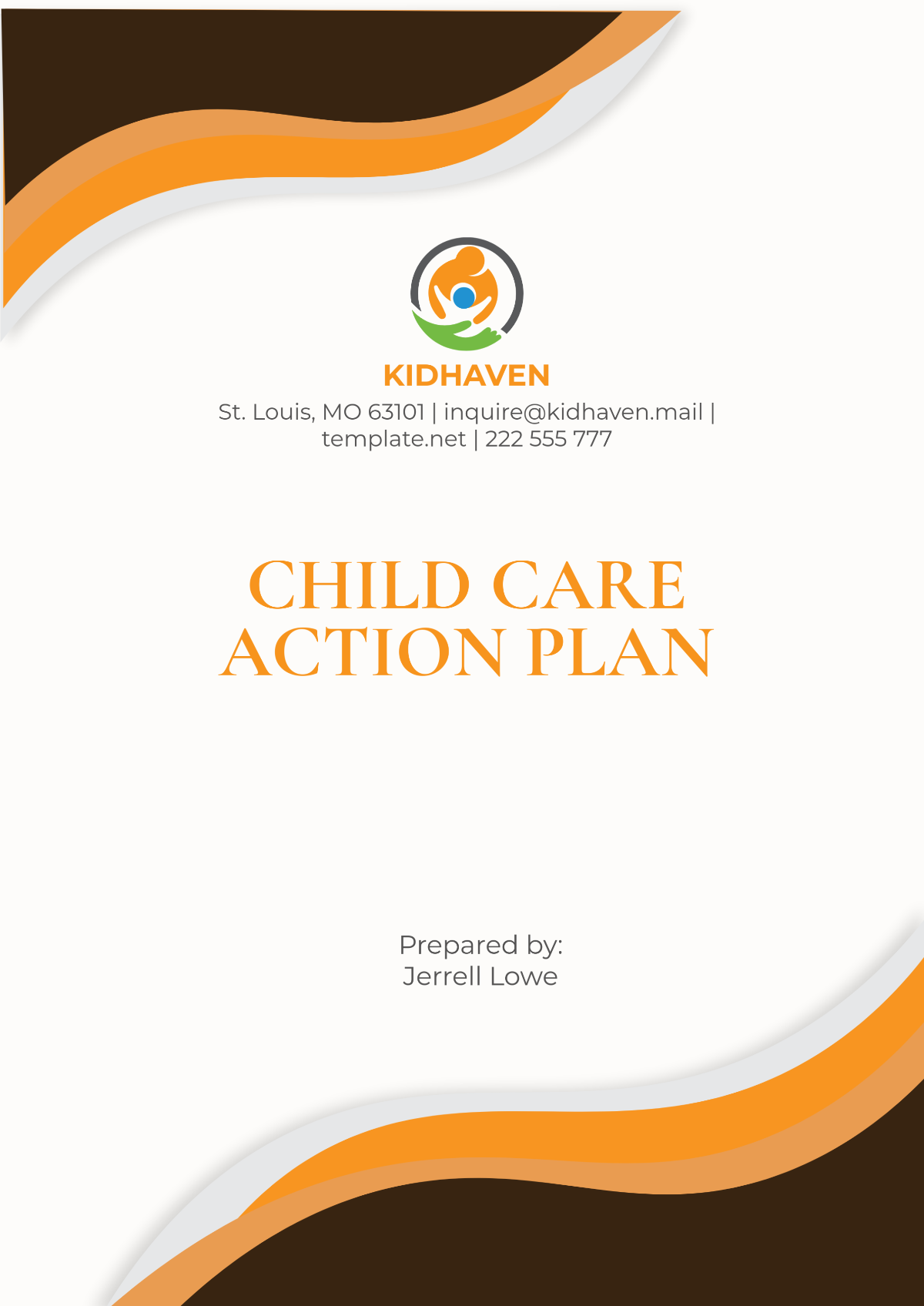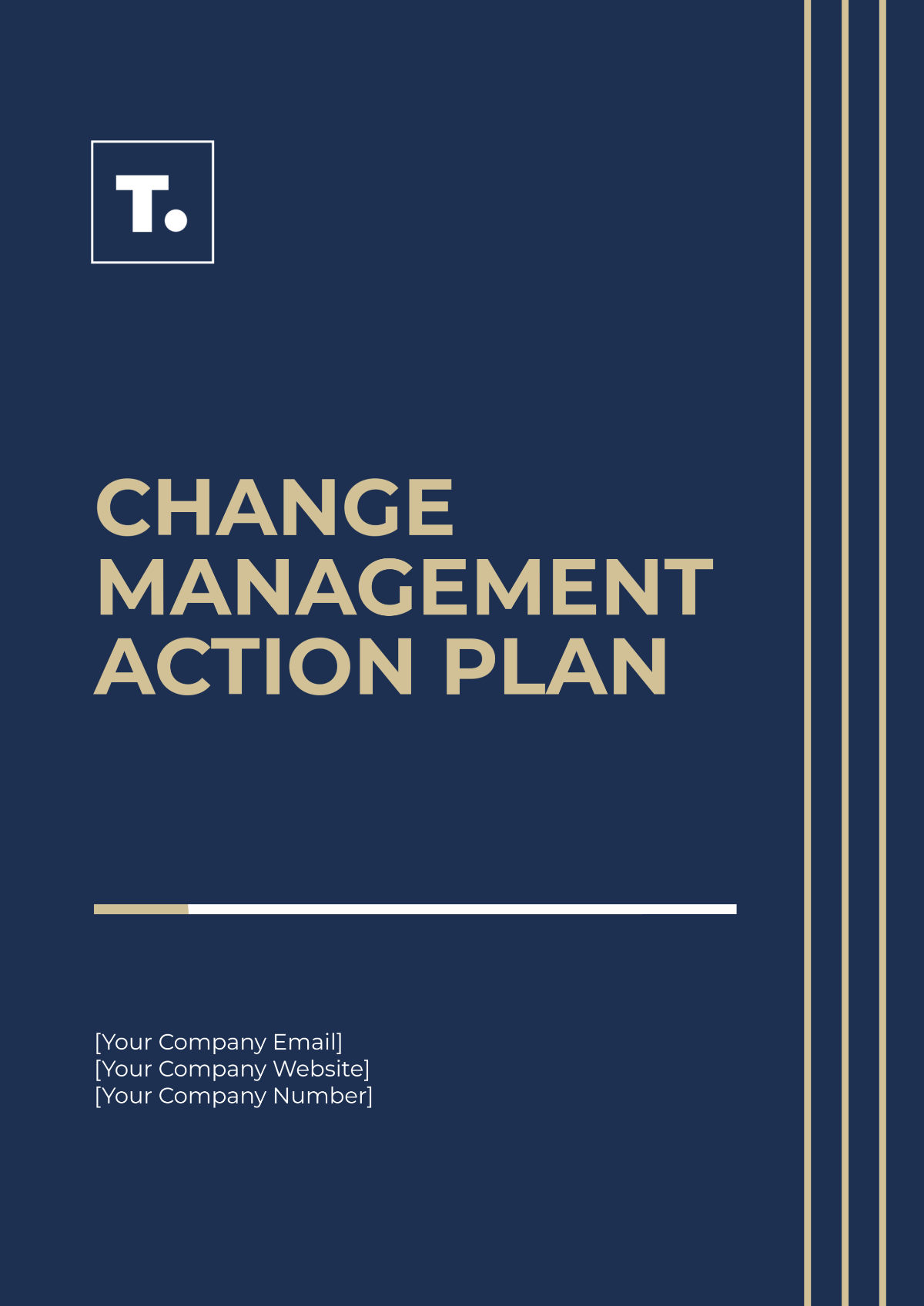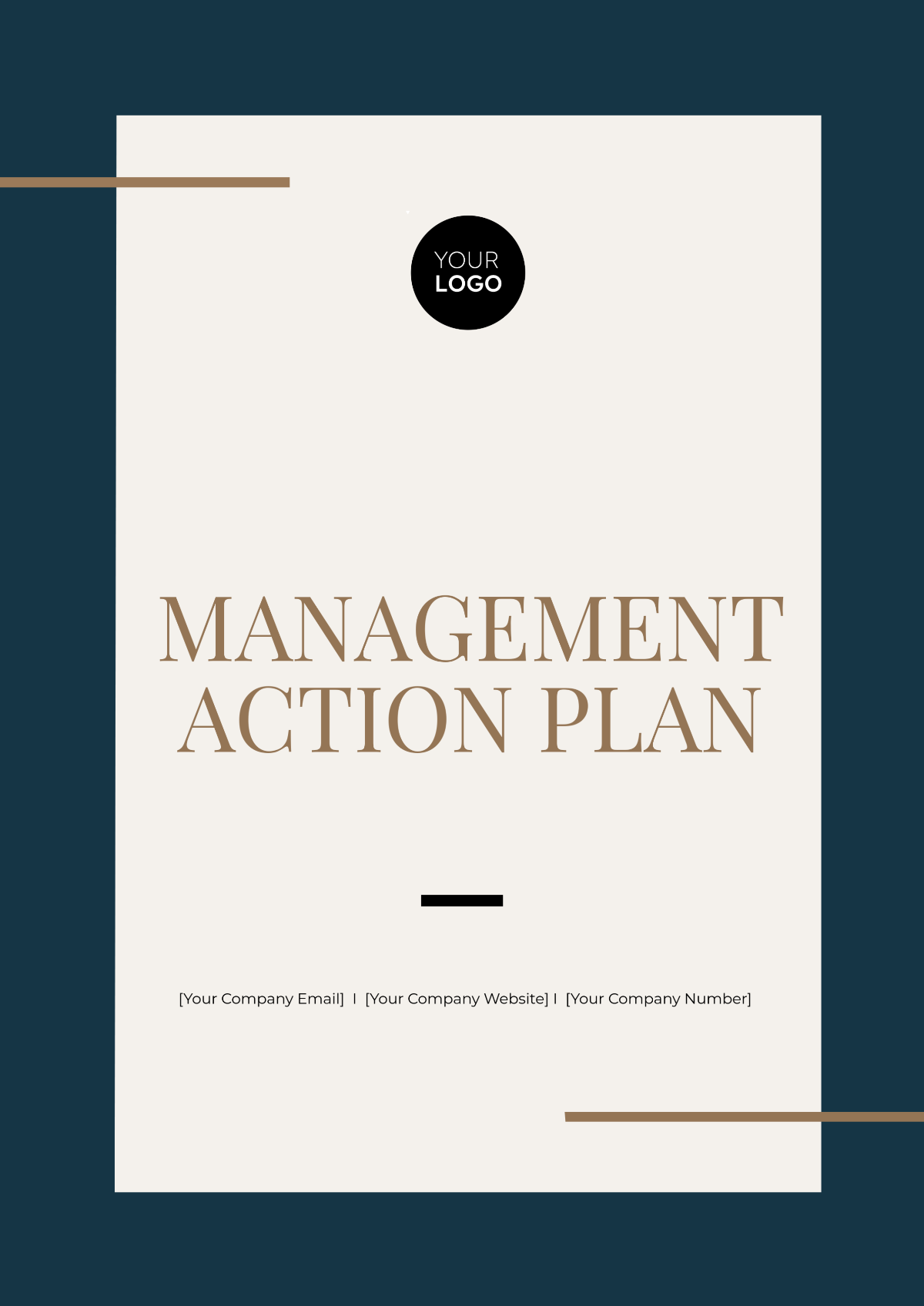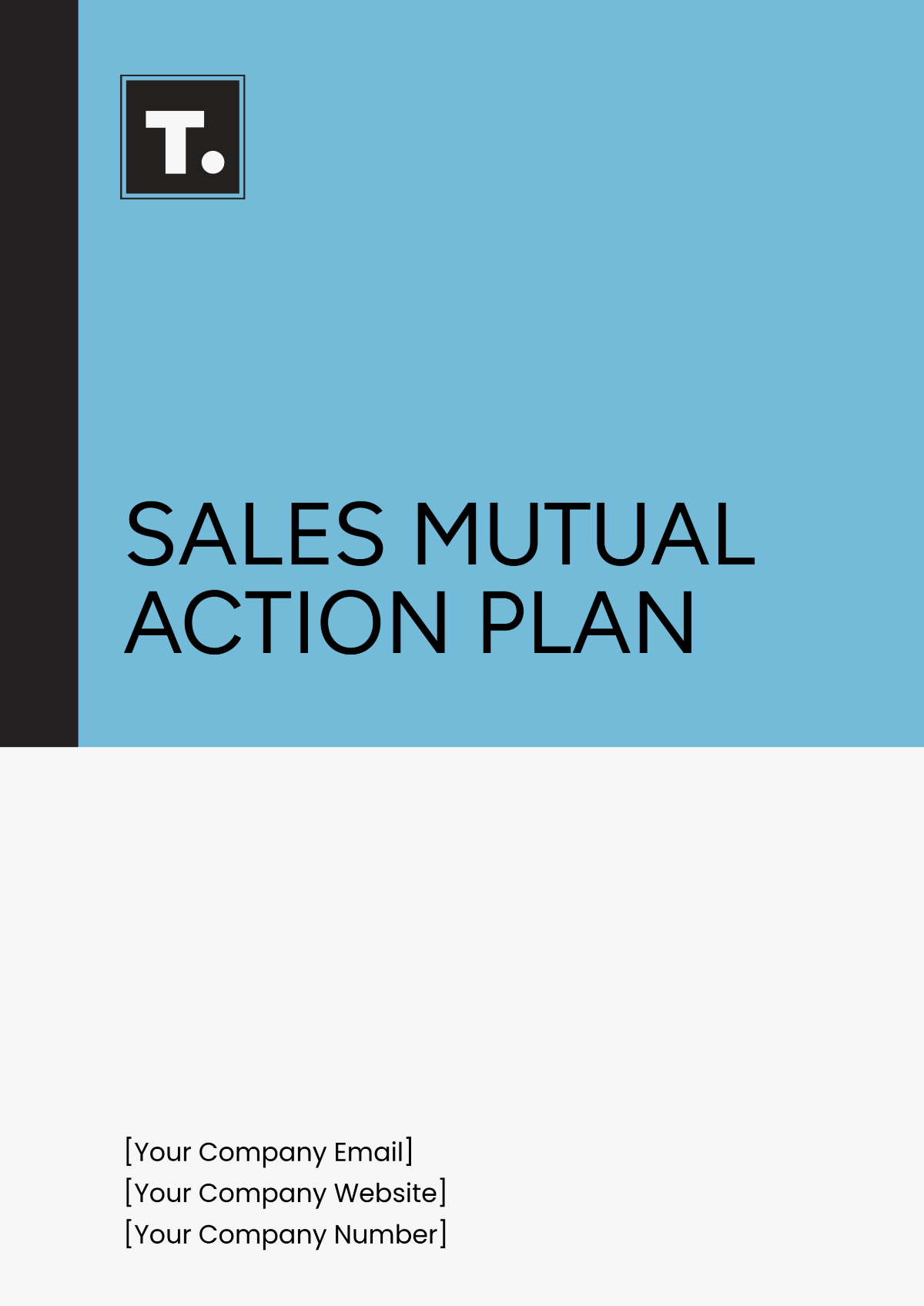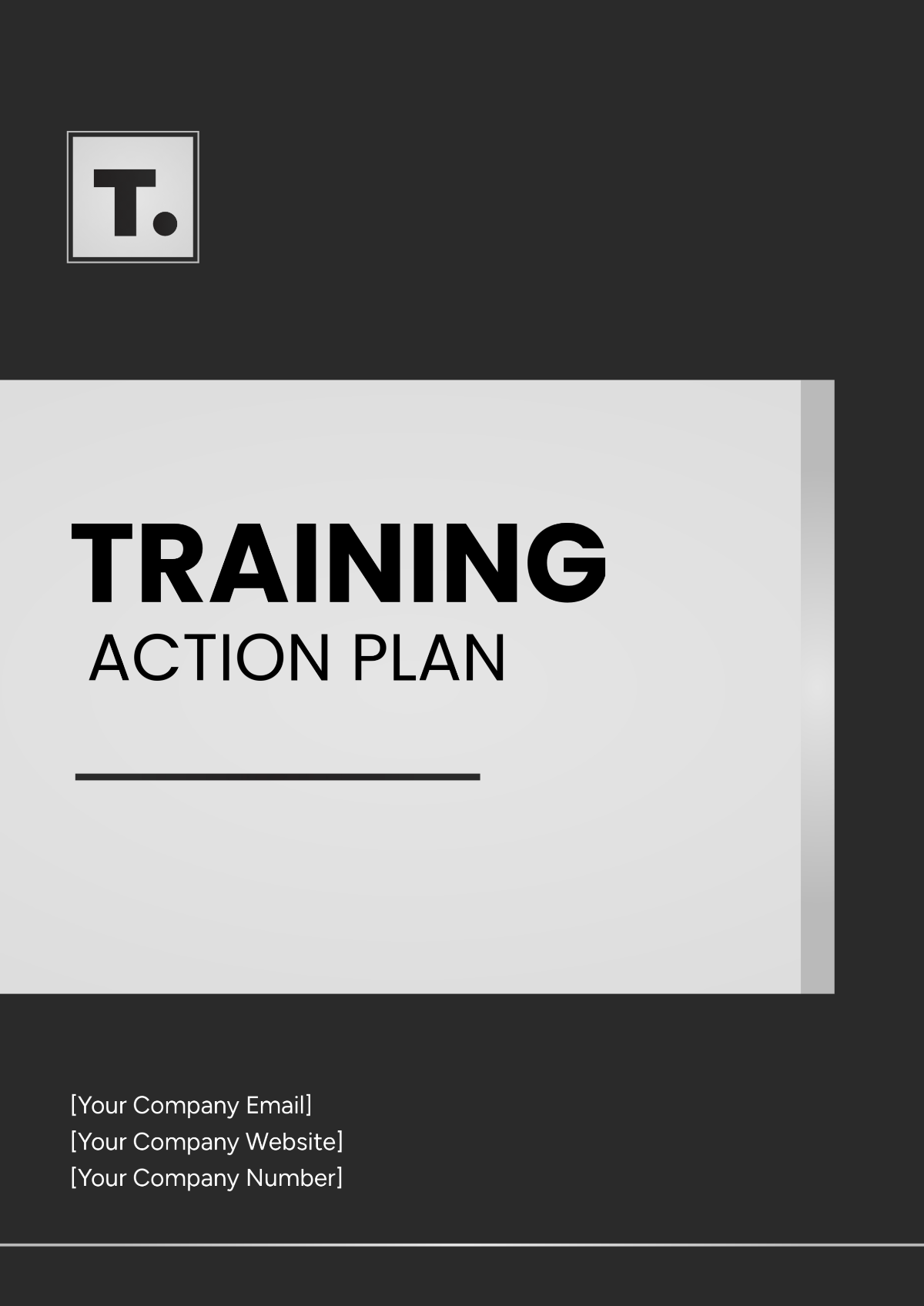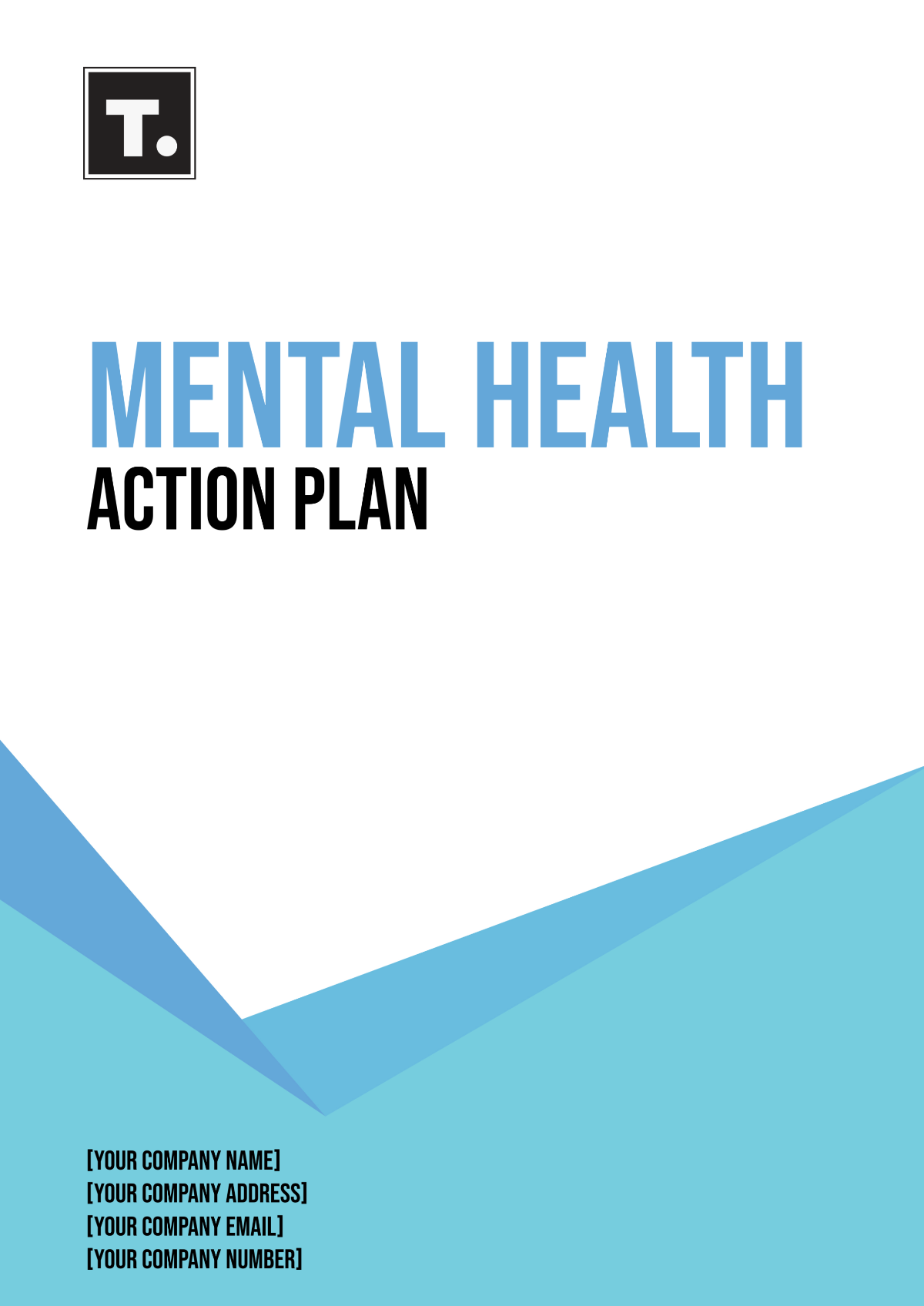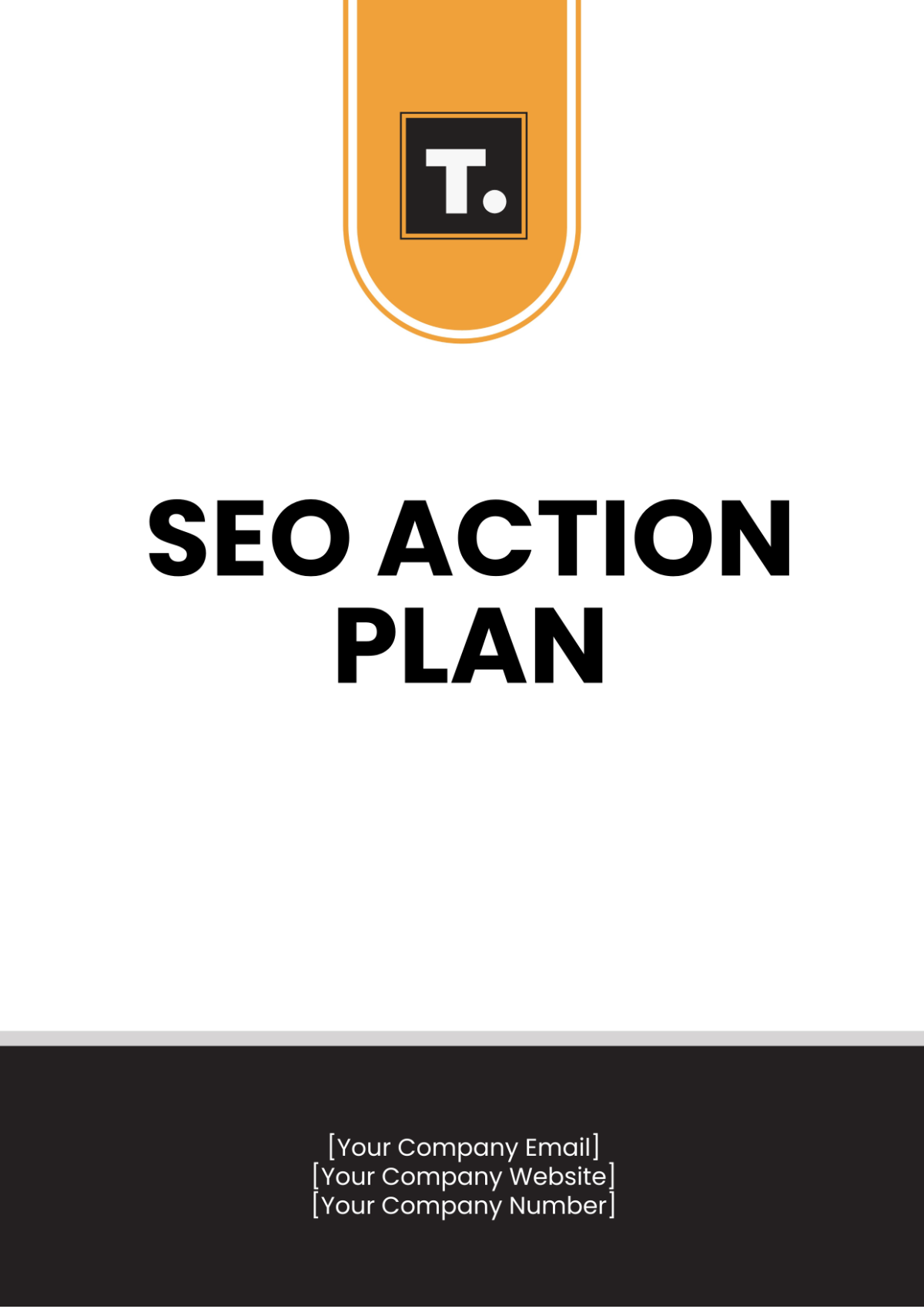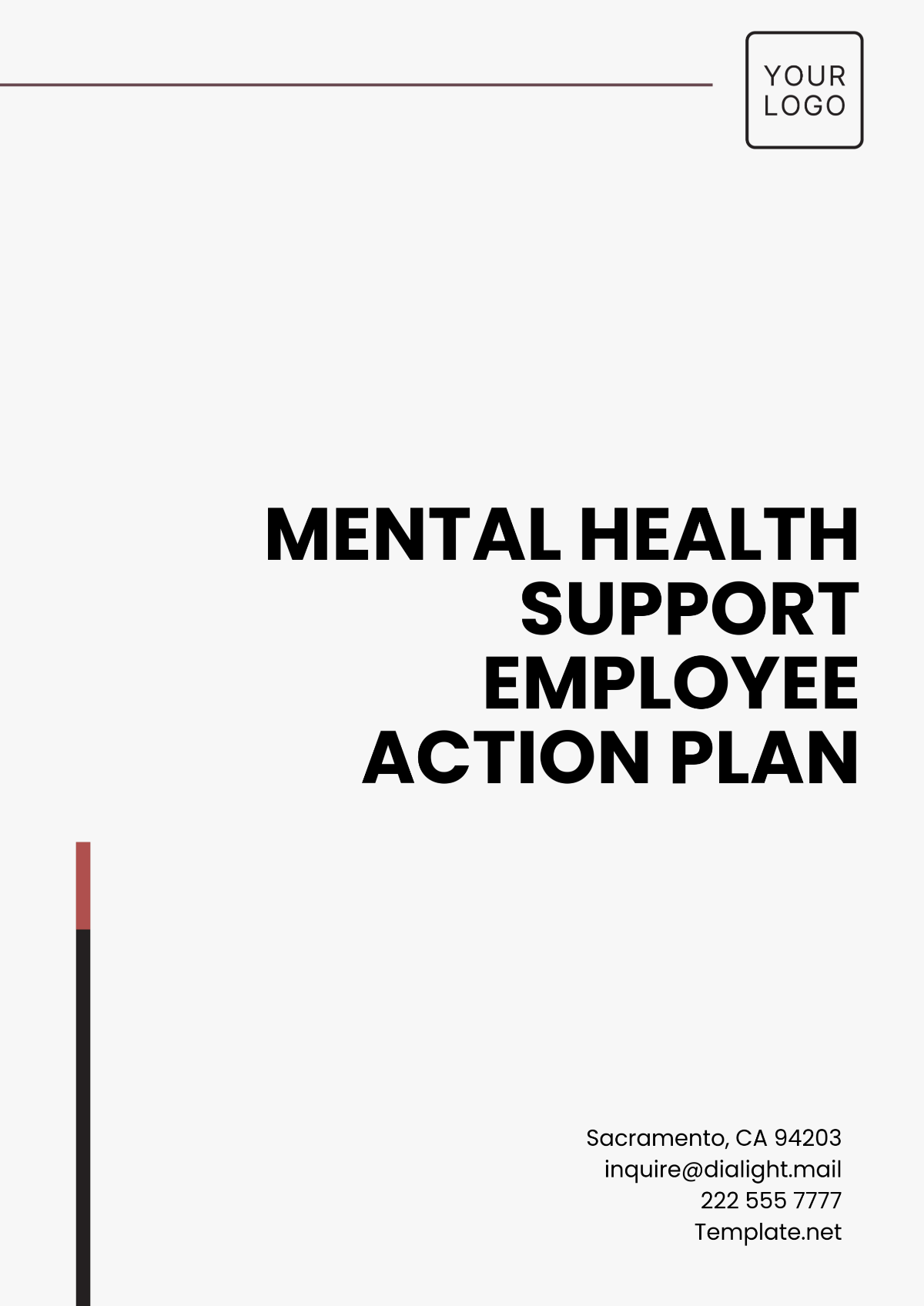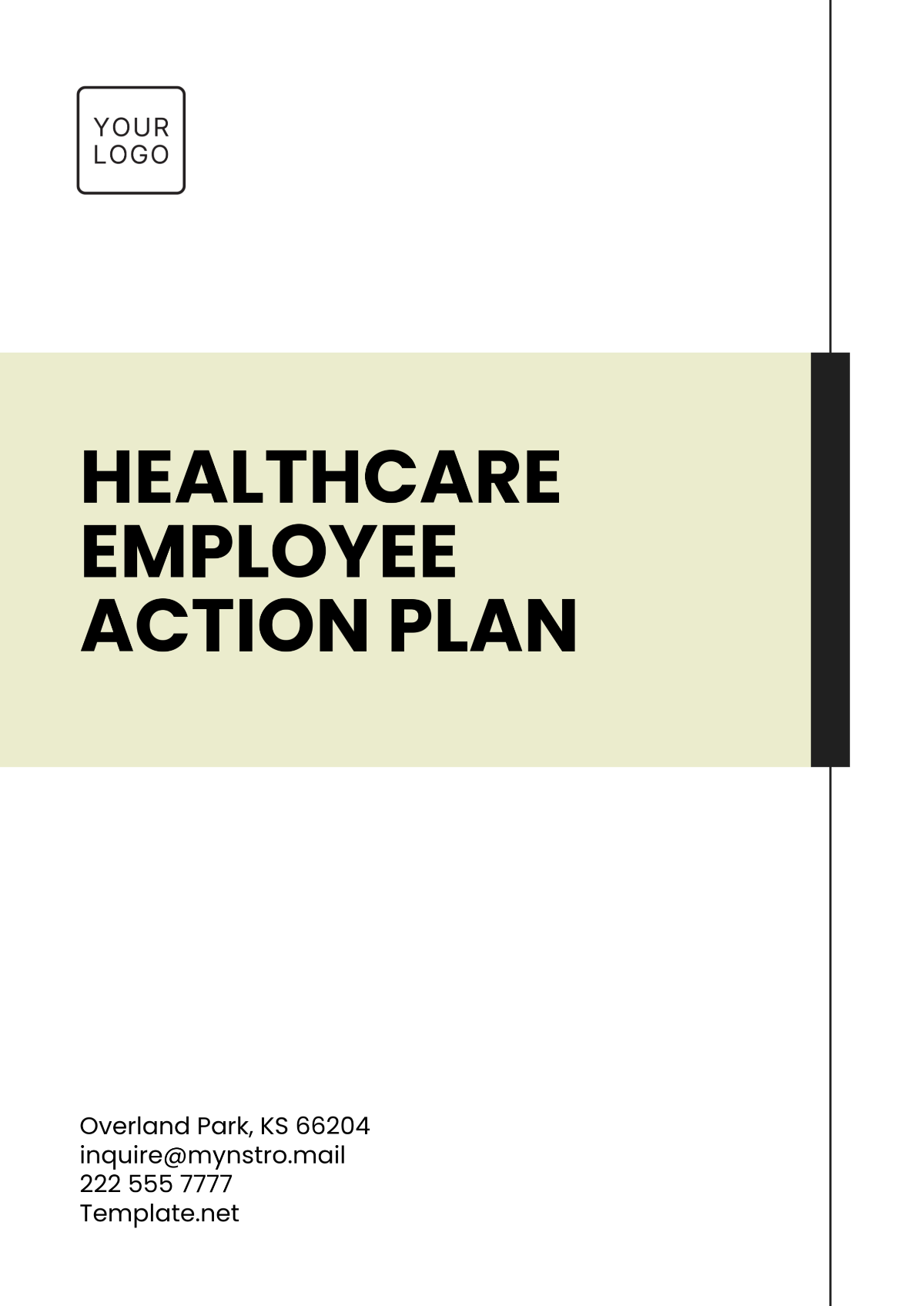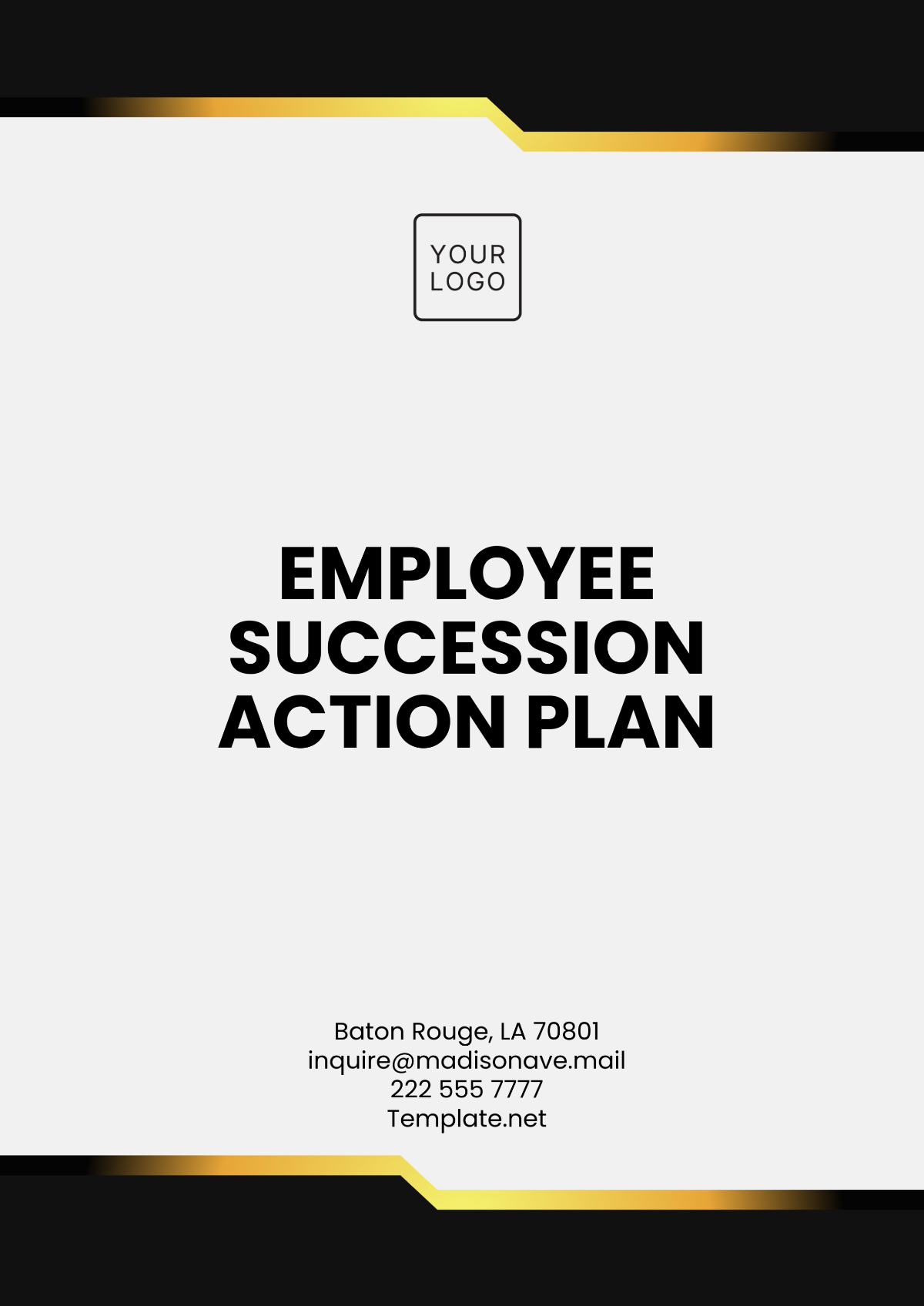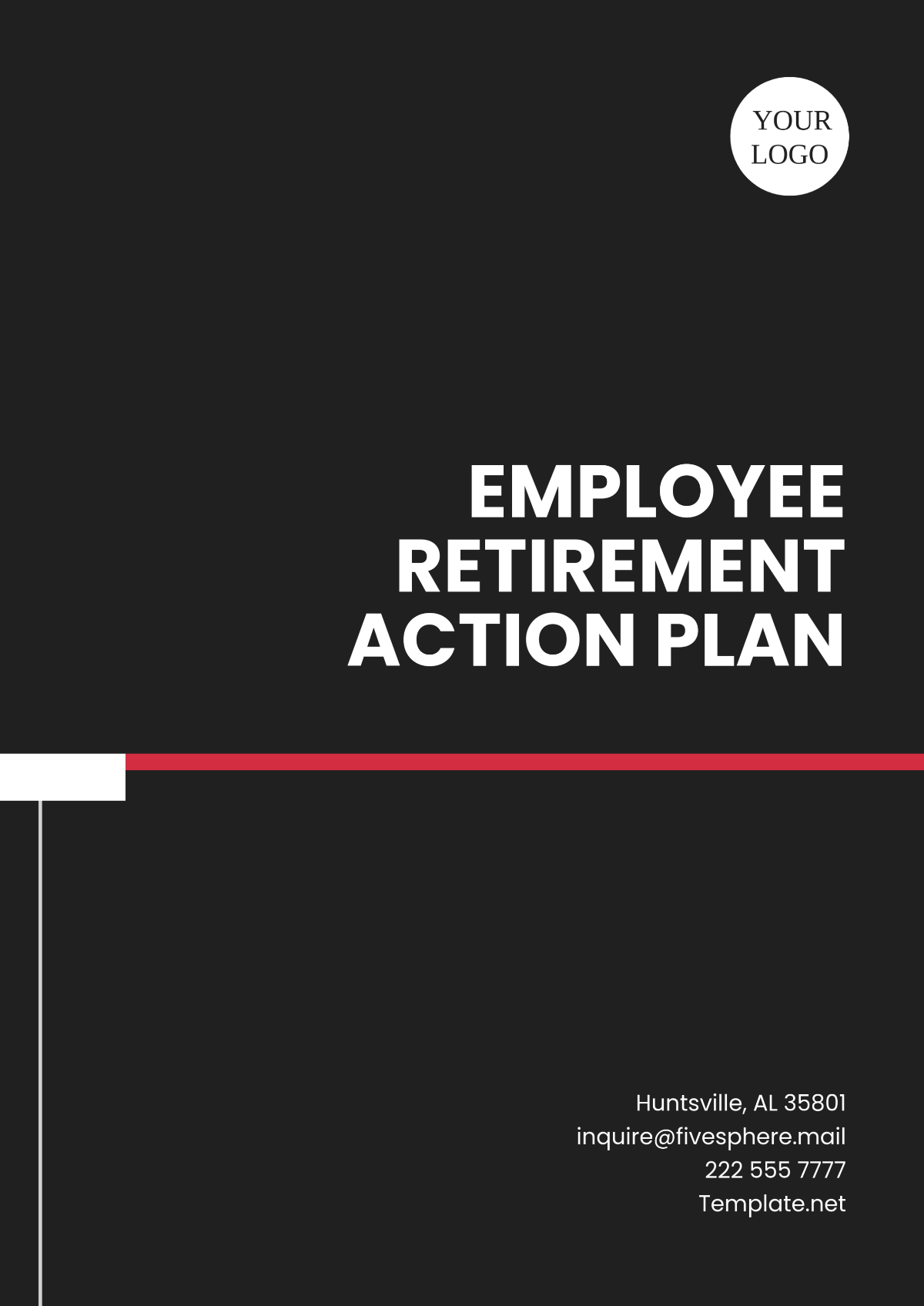POST-TRAINING ACTION PLAN
Training Overview
Training Name: | Advanced Leadership Skills Workshop |
Training Date(s): | March 10-12, 2050 |
Trainer(s) or Facilitator(s): | Dr. Jane Smith |
Training Objectives and Key Takeaways: | ● The training focused on enhancing leadership capabilities and fostering effective communication. ● Key takeaways included strategies for conflict resolution, team building, and decision-making. |
Key Learnings
During the training, participants gained valuable insights and skills in the following areas:
● Leadership Skills: Understanding and applying leadership styles to various situations.
● Effective Communication: Techniques for clear and persuasive communication.
● Conflict Resolution: Strategies to address and resolve conflicts within teams.
● Team Building: Building and leading high-performing teams.
● Decision-Making: Making informed and timely decisions.
Goals and Objectives
The primary objective of this Post-Training Action Plan is to apply the acquired knowledge and skills to enhance performance and contribute to [Your Company Name]'s success. Specific goals and objectives include:
Overall Training Goals:
● Elevate team leadership capabilities.
● Foster a culture of open and effective communication.
● Enhance problem-solving and decision-making within teams.
Specific Objectives:
● Implement leadership techniques learned during the training to improve team dynamics and performance.
● Establish regular communication workshops to ensure the effective dissemination of information.
● Create a conflict resolution framework to address and resolve team conflicts constructively.
● Form cross-functional teams to encourage collaboration and innovation.
● Streamline decision-making processes to increase efficiency and effectiveness.
Action Steps:
Implement Leadership Techniques | |
Description: | Apply leadership techniques learned during the training to team management. |
Deadline: | April 15, 2050 |
Responsible Party: | [Your Name] |
Communication Workshops | |
Description: | Organize regular communication workshops for team members. |
Deadline: | Monthly, starting April 1, 2050 |
Responsible Party: | Communication Team Lead |
Conflict Resolution Framework | |
Description: | Develop a conflict resolution framework and share it with the team. |
Deadline: | May 1, 2050 |
Responsible Party: | HR Manager |
Cross-Functional Teams | |
Description: | Form cross-functional teams to encourage collaboration on key projects. |
Deadline: | April 30, 2050 |
Responsible Party: | Team Leads |
Streamlined Decision-Making | |
Description: | Streamline decision-making processes by implementing decision criteria. |
Deadline: | June 1, 2050 |
Responsible Party: | Decision Framework Committee |
Resources Needed:
● Leadership training materials and guides
● Meeting room facilities for communication workshops
● Conflict resolution training resources
● Project management software for cross-functional teams
● Decision-making framework templates
Challenges and Potential Barriers:
Challenge: | Resistance to change in team management approaches. |
Solution: | Conduct change management workshops and provide coaching. |
Challenge: | Time constraints for organizing communication workshops. |
Solution: | Schedule shorter, more frequent sessions to accommodate busy schedules. |
Challenge: | Addressing deeply rooted conflicts within teams. |
Solution: | Bring in an external mediator or conflict resolution expert. |
Timeline:
April 1, 2050 (and monthly thereafter): | Conduct communication workshops. |
April 15, 2050: | Implement leadership techniques. |
April 30, 2050: | Form cross-functional teams. |
May 1, 2050: | Share the conflict resolution framework. |
June 1, 2050: | Implement streamlined decision-making processes. |
Measurement and Evaluation:
To gauge the success of our post-training efforts, we will use the following metrics and indicators:
● Leadership Effectiveness Index: Measured through peer and self-assessments.
● Communication Quality Index: Based on feedback and improved communication patterns.
● Conflict Resolution Success Rate: Percentage of resolved conflicts versus total conflicts.
● Team Collaboration Metrics: Including project milestones and cross-functional team feedback.
● Decision-Making Efficiency: Measured by the time taken for key decisions.
Accountability:
| Responsible Party: | Support Team: |
Implement Leadership Techniques: | [Your Name] | Team Members |
Communication Workshops: | Communication Team Lead | Workshop Facilitators |
Conflict Resolution Framework: | HR Manager | Team Members |
Cross-Functional Teams: | Team Leads | Team Members |
Streamlined Decision-Making: | Decision Framework Committee | Committee Members |
Review and Adjustment:
● First Review: May 15, 2050
○ Assess progress on leadership techniques and communication workshops.
● Second Review: June 30, 2050
○ Evaluate the effectiveness of the conflict resolution framework and cross-functional teams.
● Third Review: August 15, 2050
○ Review the streamlined decision-making processes and overall action plan.
Reporting and Communication:
To ensure transparent and effective progress reporting, we will implement the following communication strategies:
● Monthly Progress Reports: [Your Company Name] will receive monthly progress reports summarizing achievements and challenges.
● Bi-weekly Team Meetings: Team members will meet every two weeks to discuss progress and address any issues.
● Feedback Mechanism: We encourage open communication for feedback and suggestions from all team members.
Support and Follow-Up:
To reinforce the training outcomes, we will provide the following support and follow-up activities:
● One-on-One Coaching: Team leaders will offer individual coaching sessions to address specific challenges.
● Mentoring Program: Experienced team members will mentor new hires to integrate them into the team effectively.
● Resource Library: A resource library will be established to provide access to training materials and references.
● Feedback Loop: Continuous feedback will be collected to identify areas for improvement.
Conclusion:
We are committed to applying the knowledge and skills gained from the training to drive positive change within [Your Company Name]. This action plan represents our dedication to enhancing leadership, communication, and collaboration to achieve our organizational goals.
